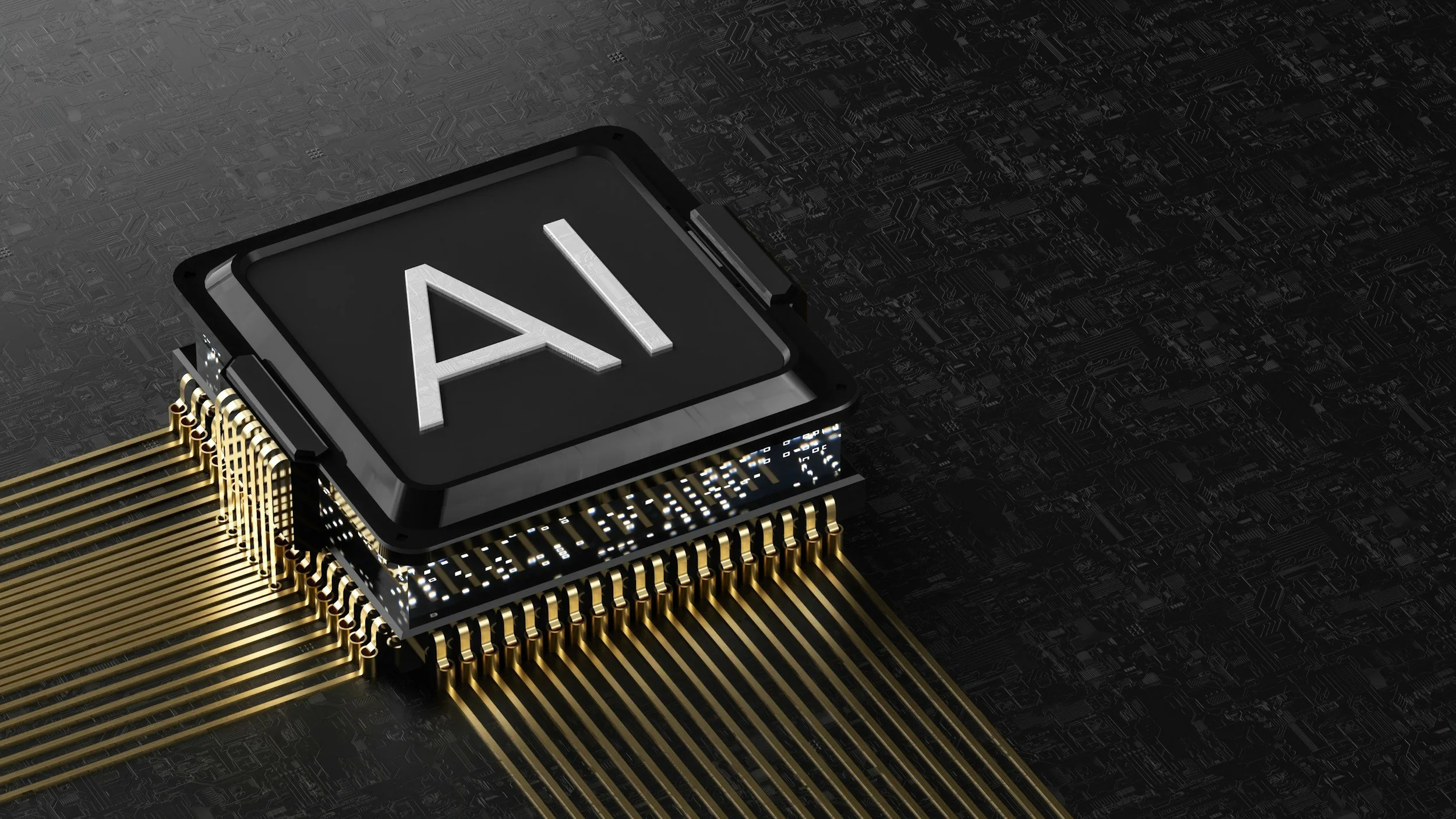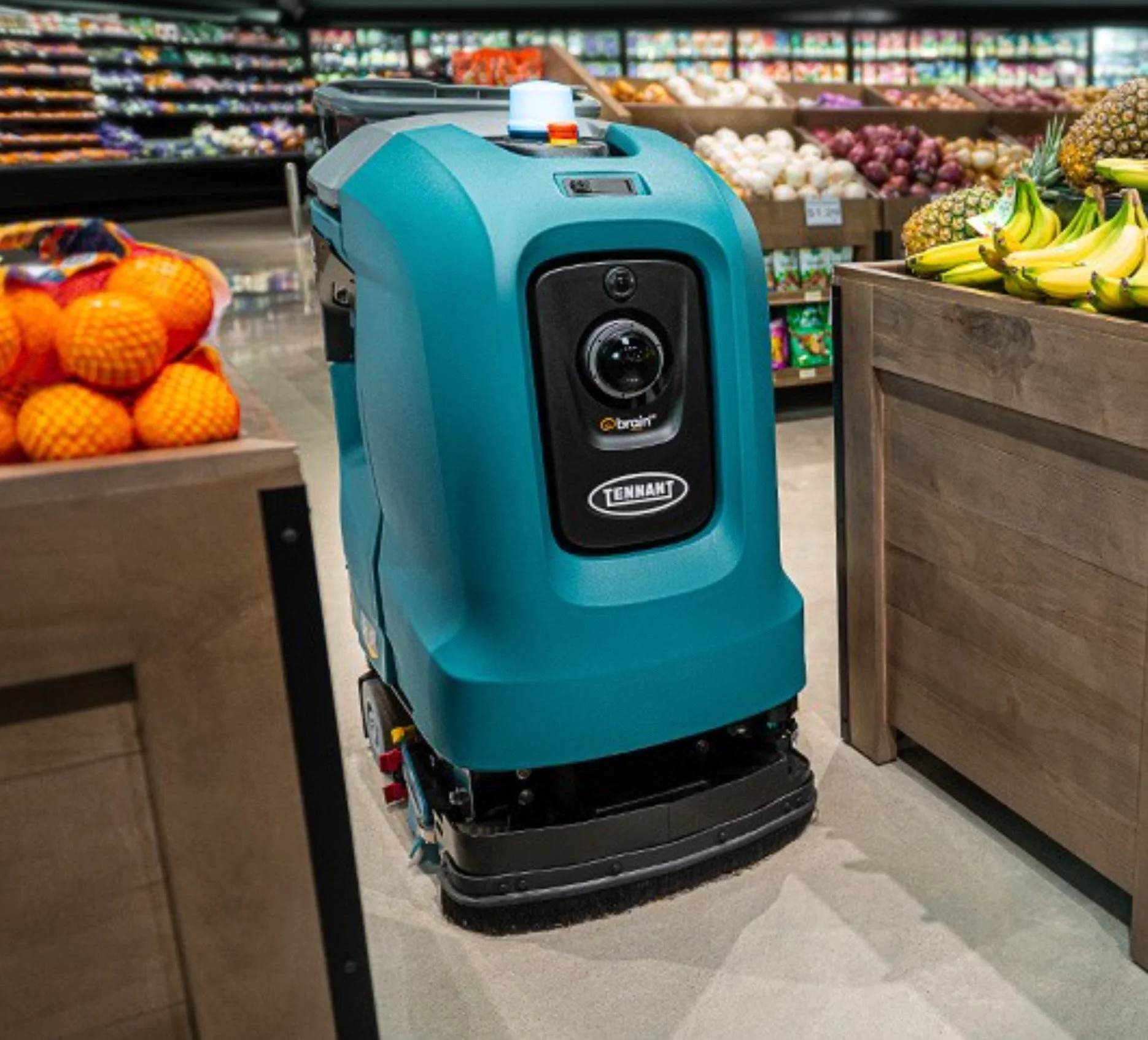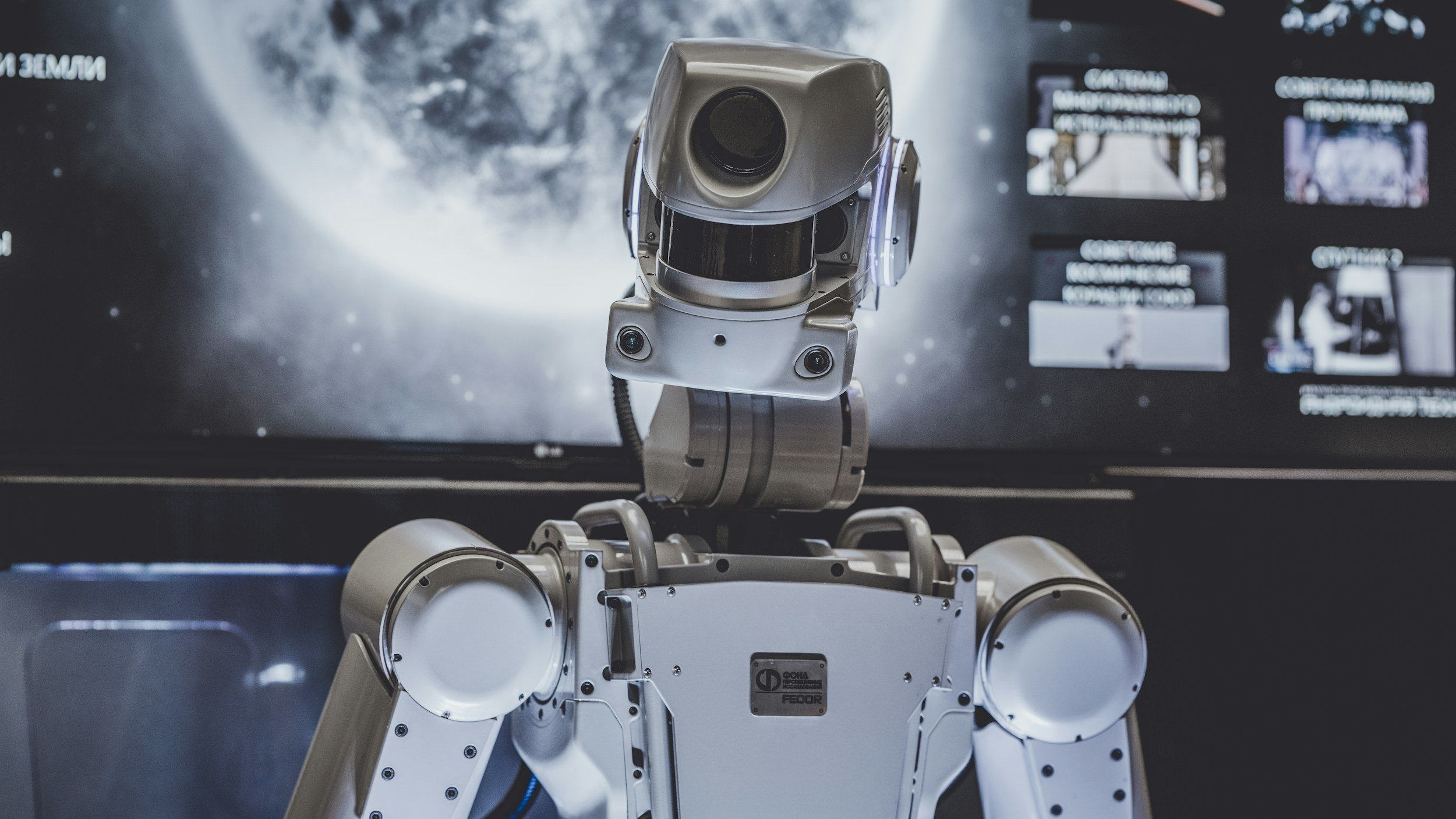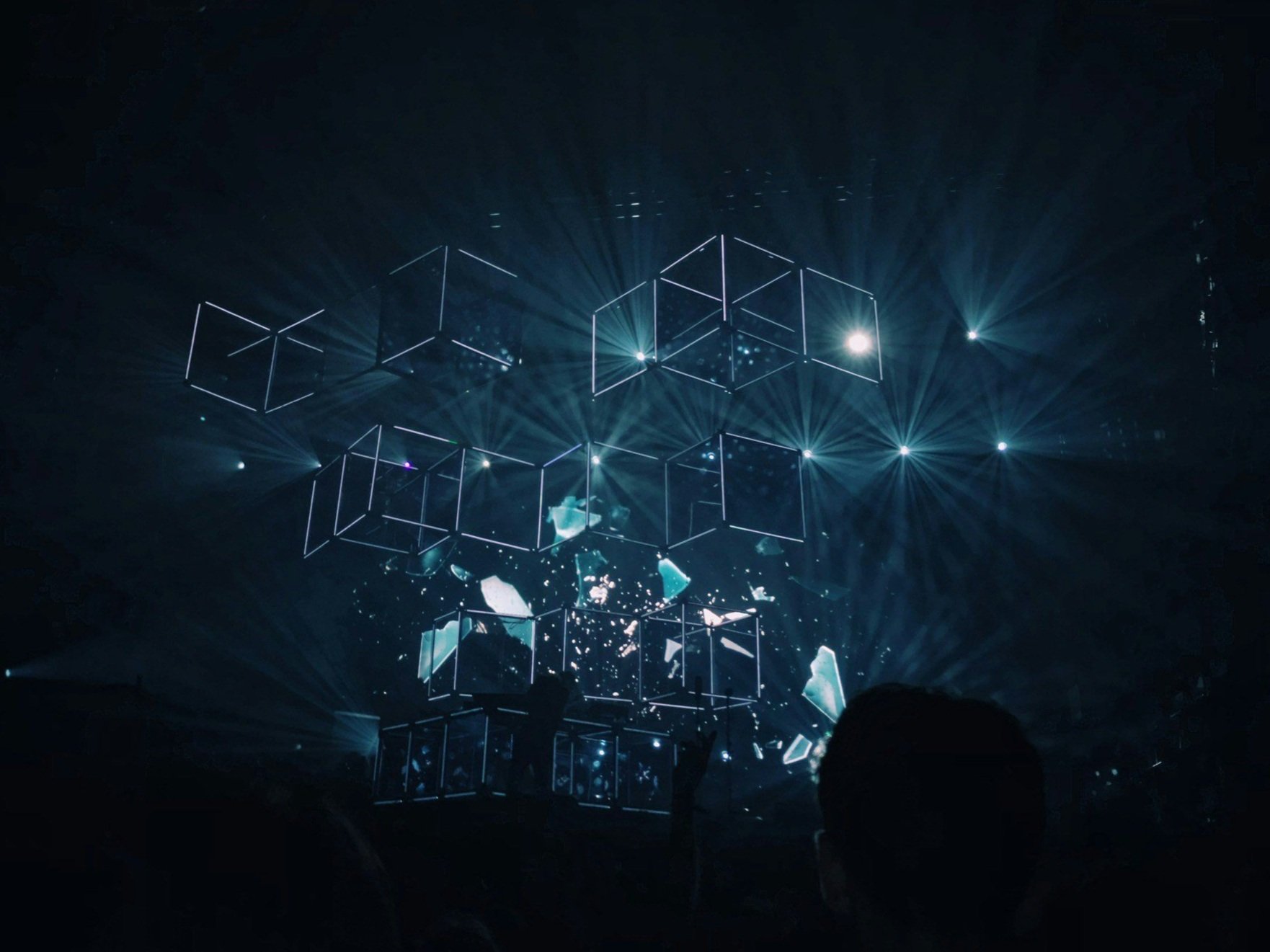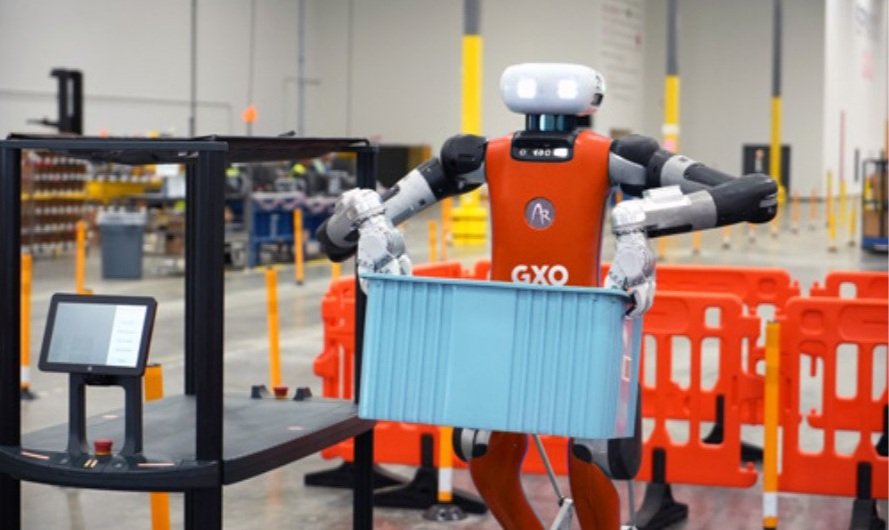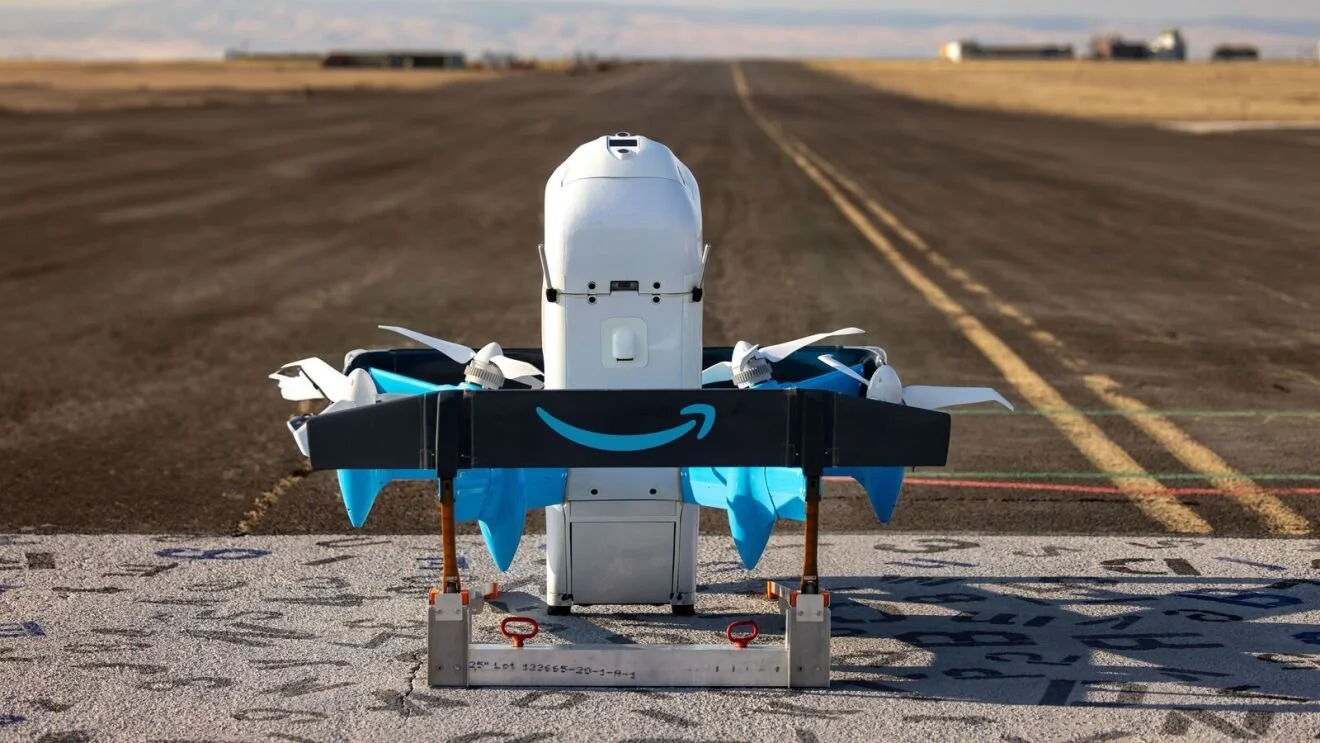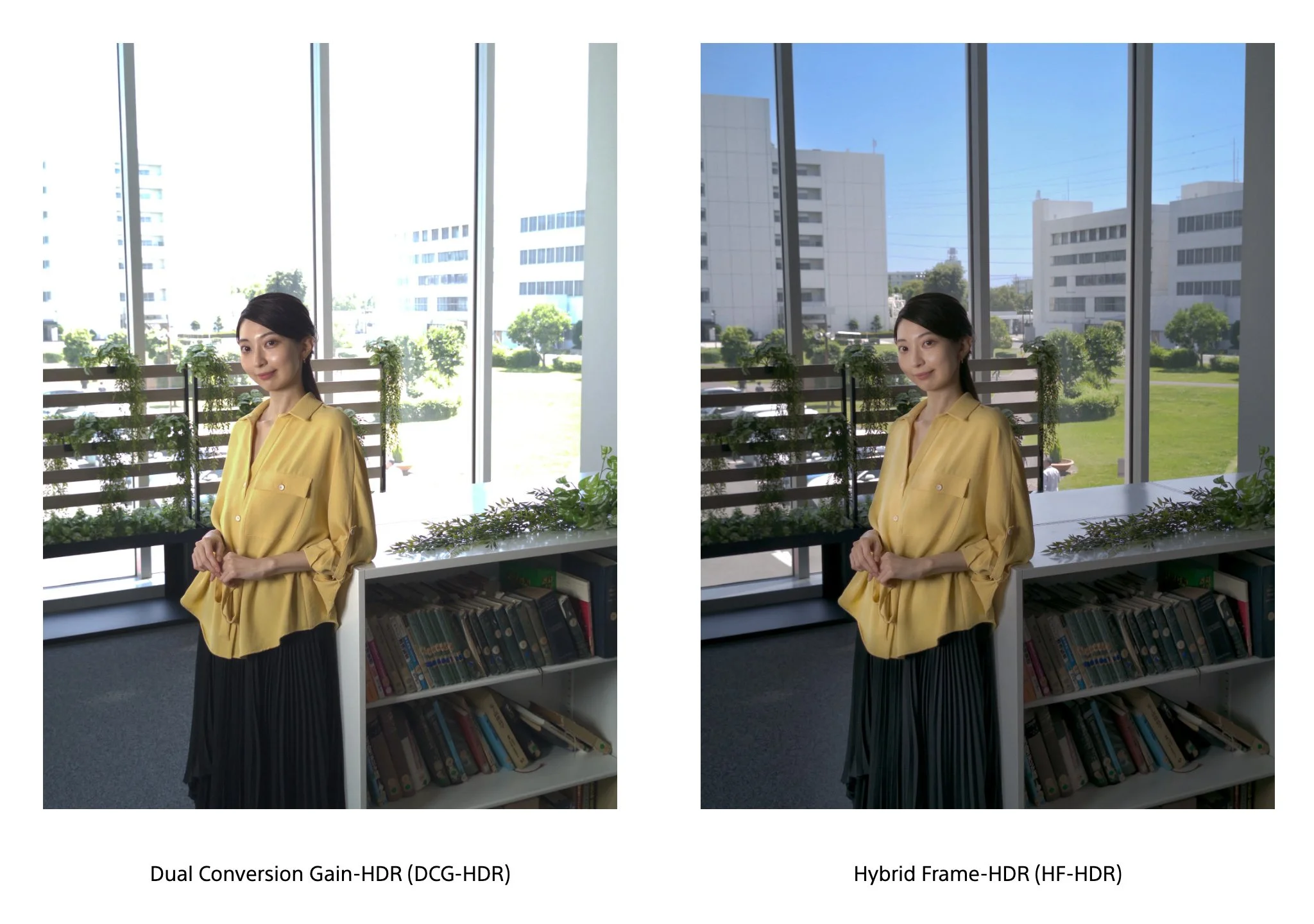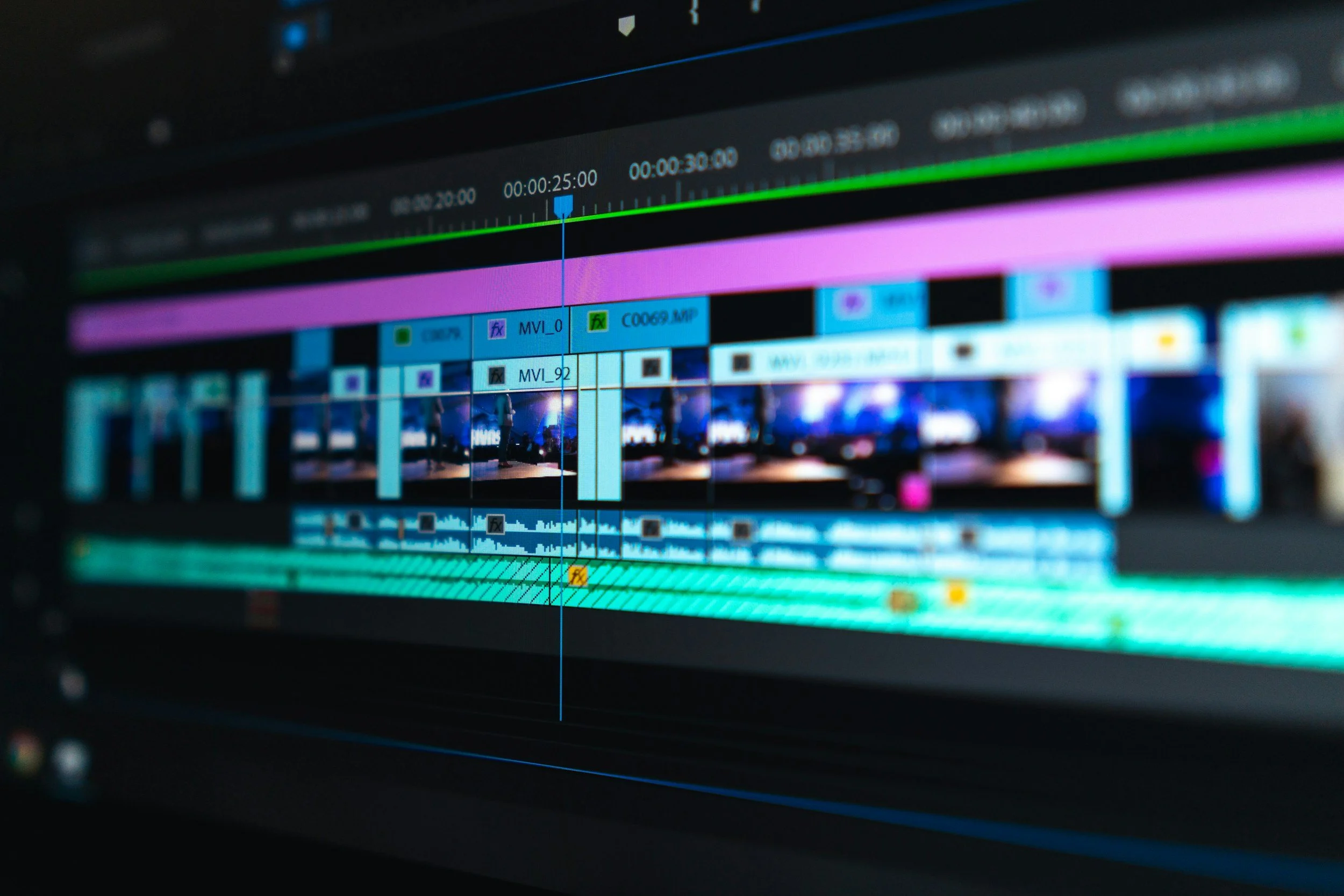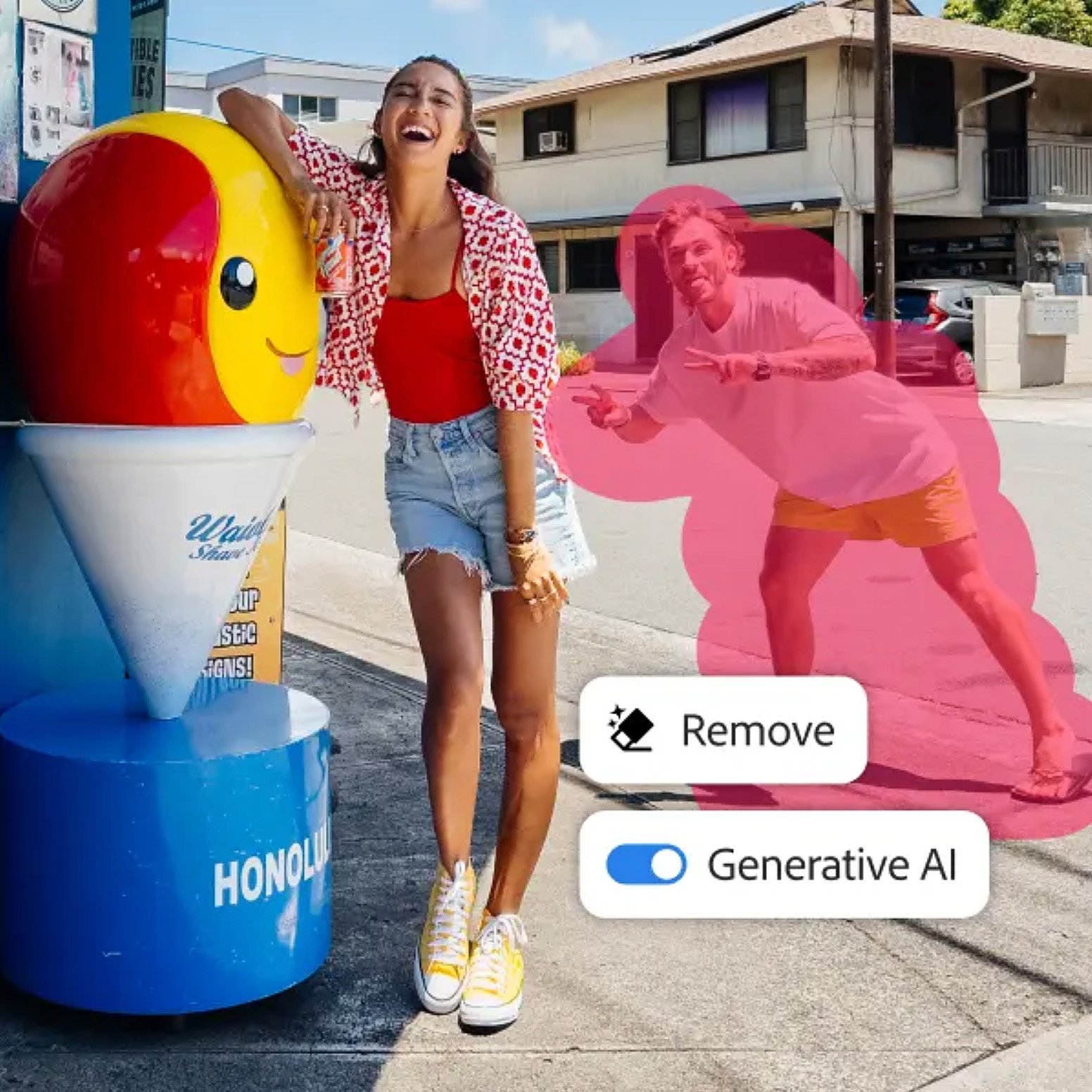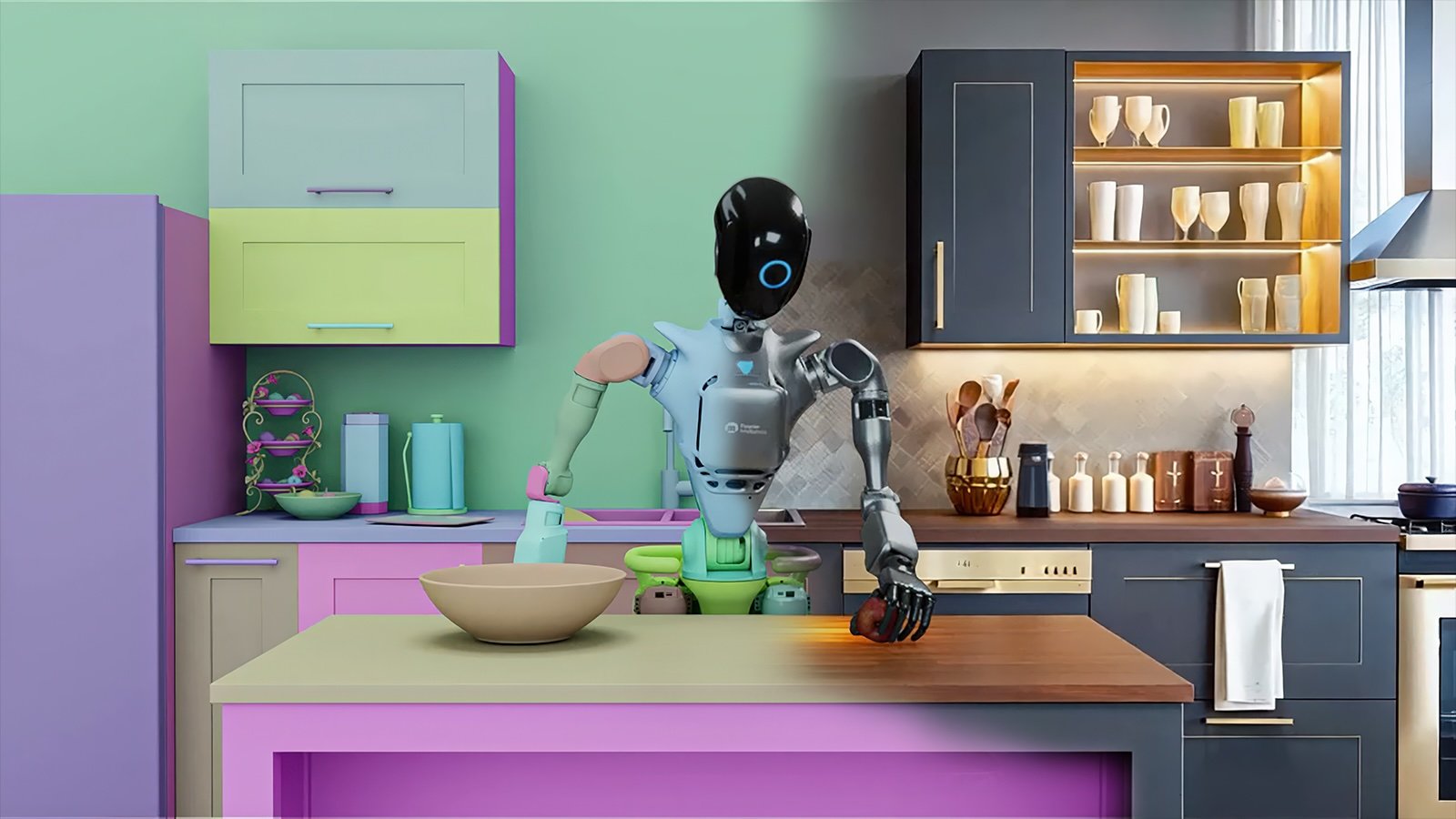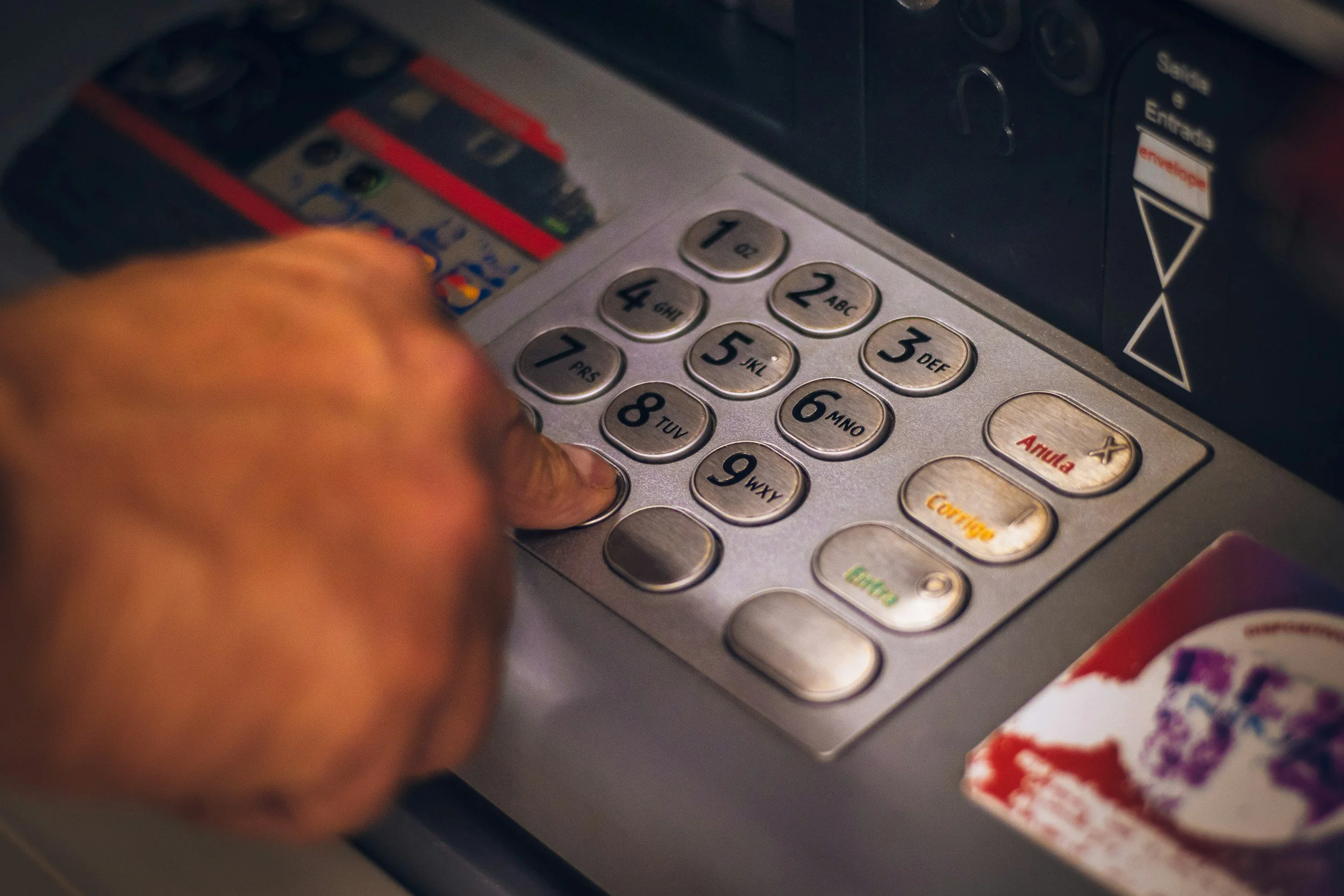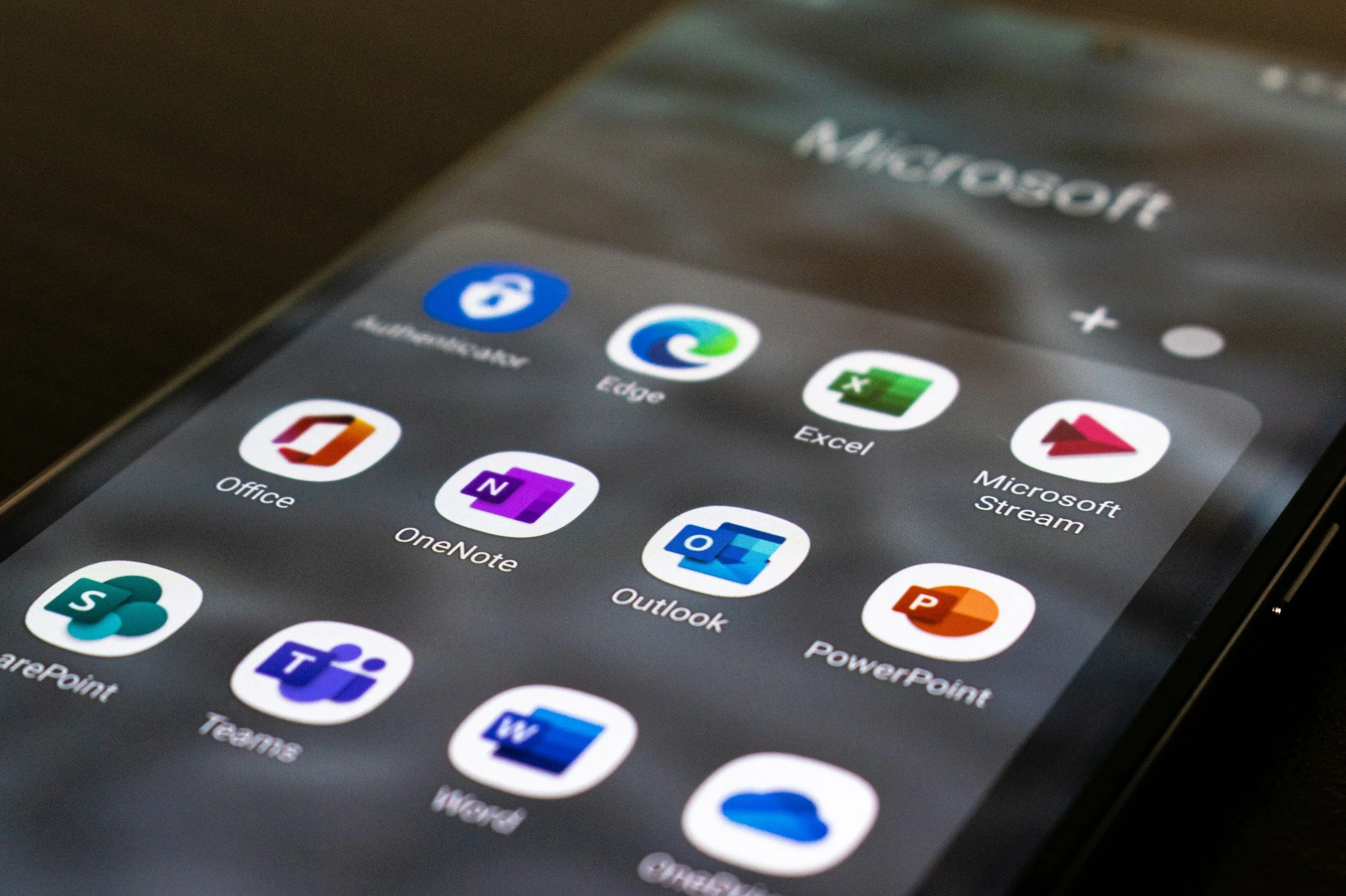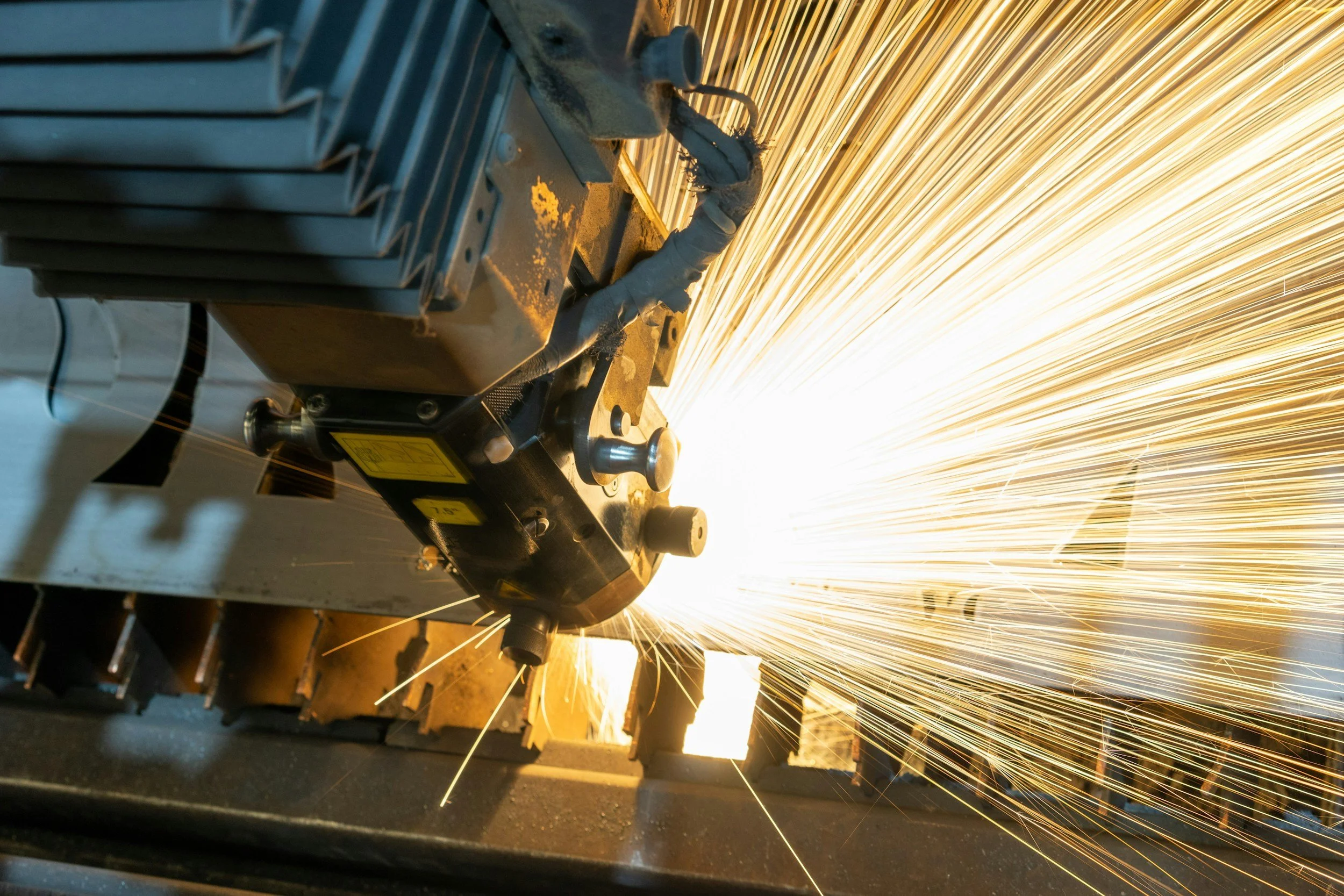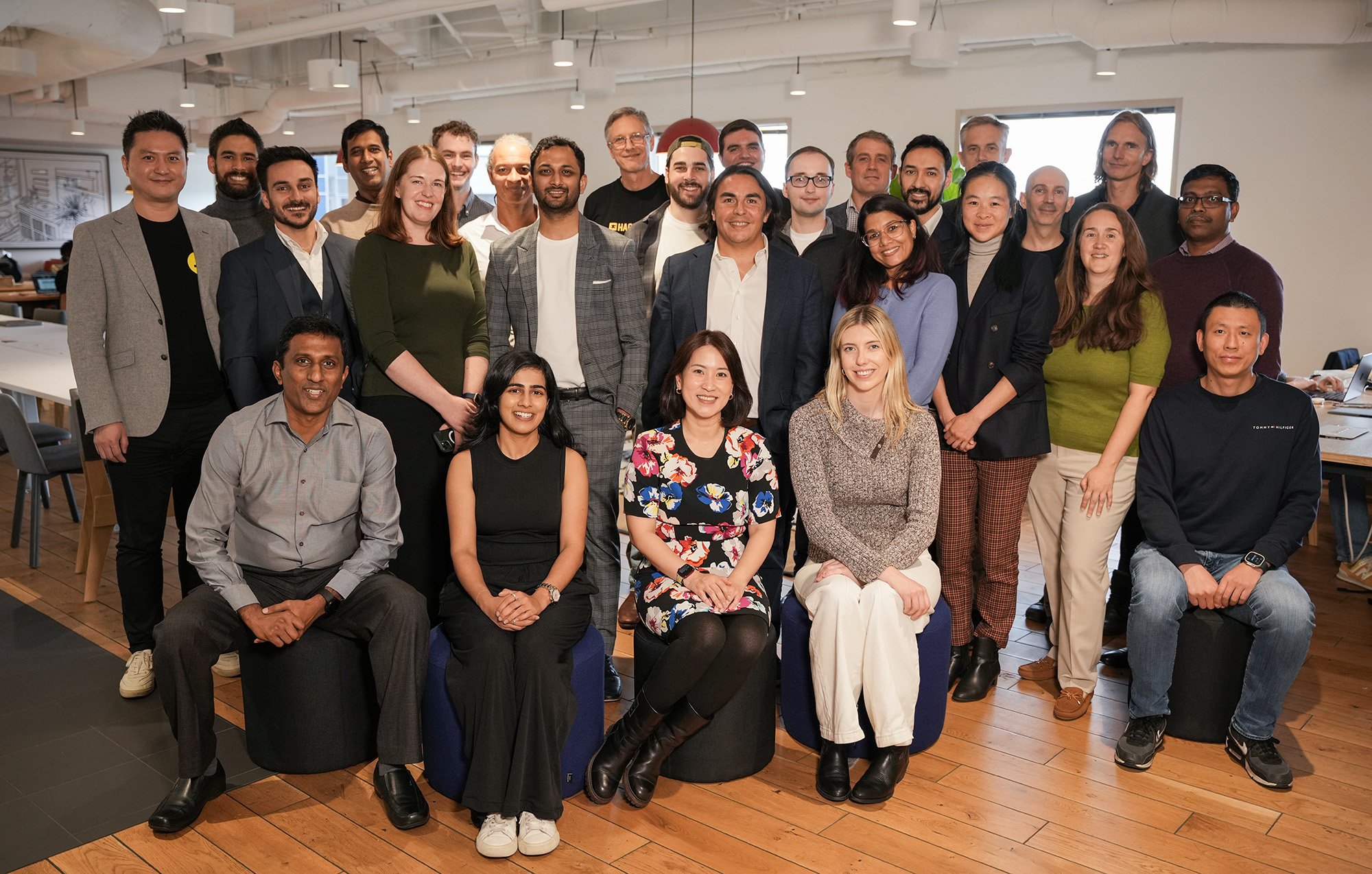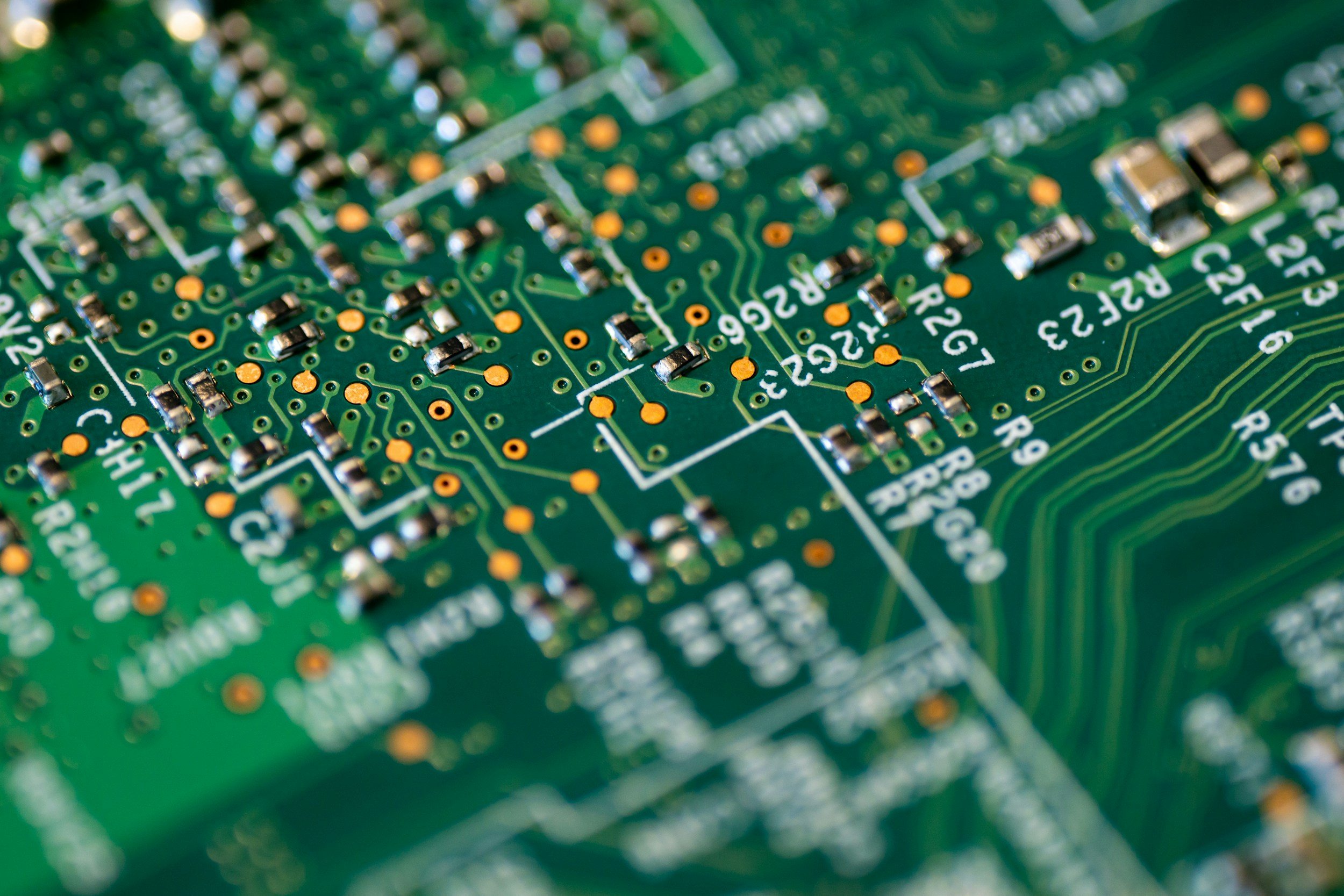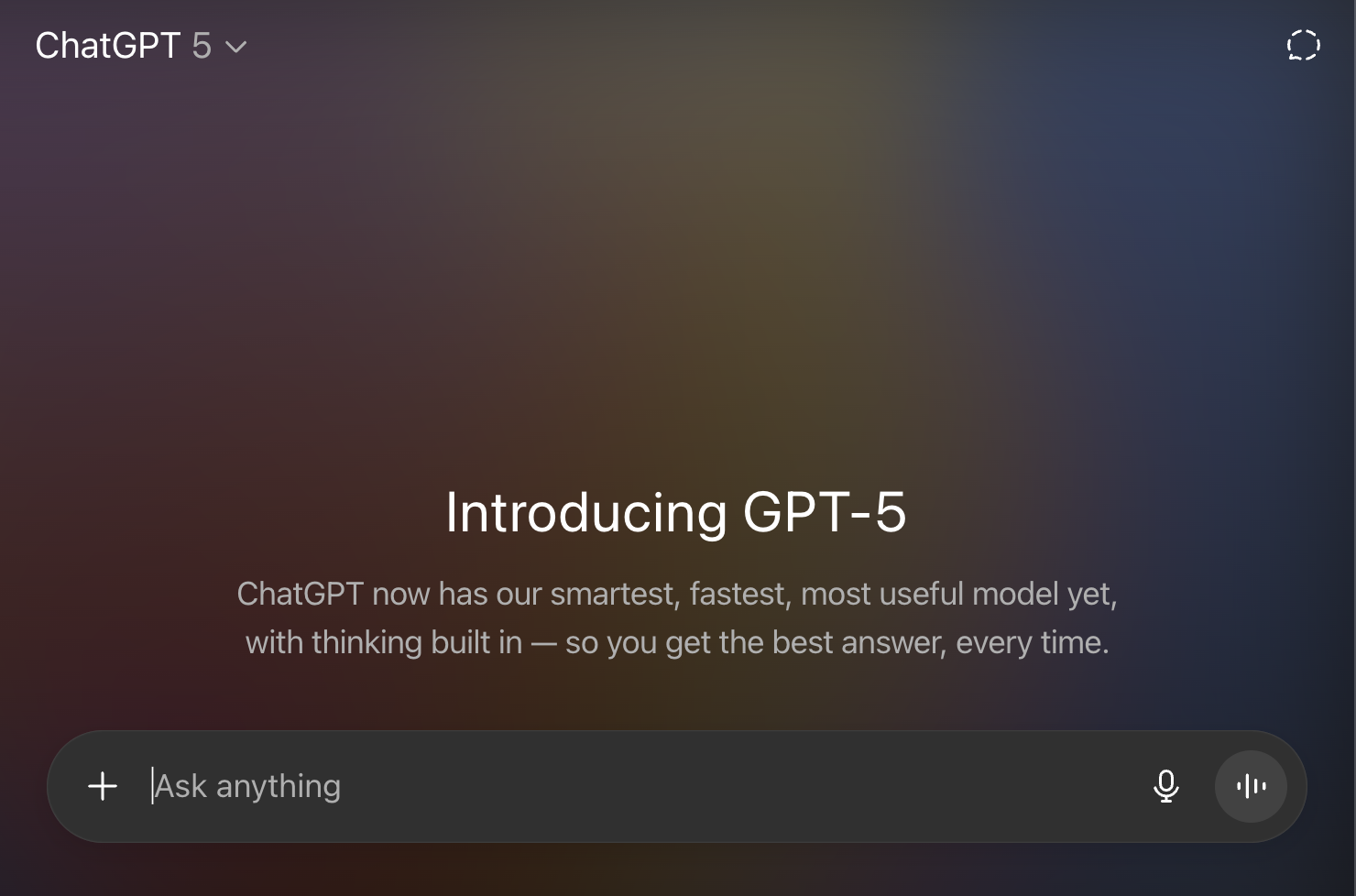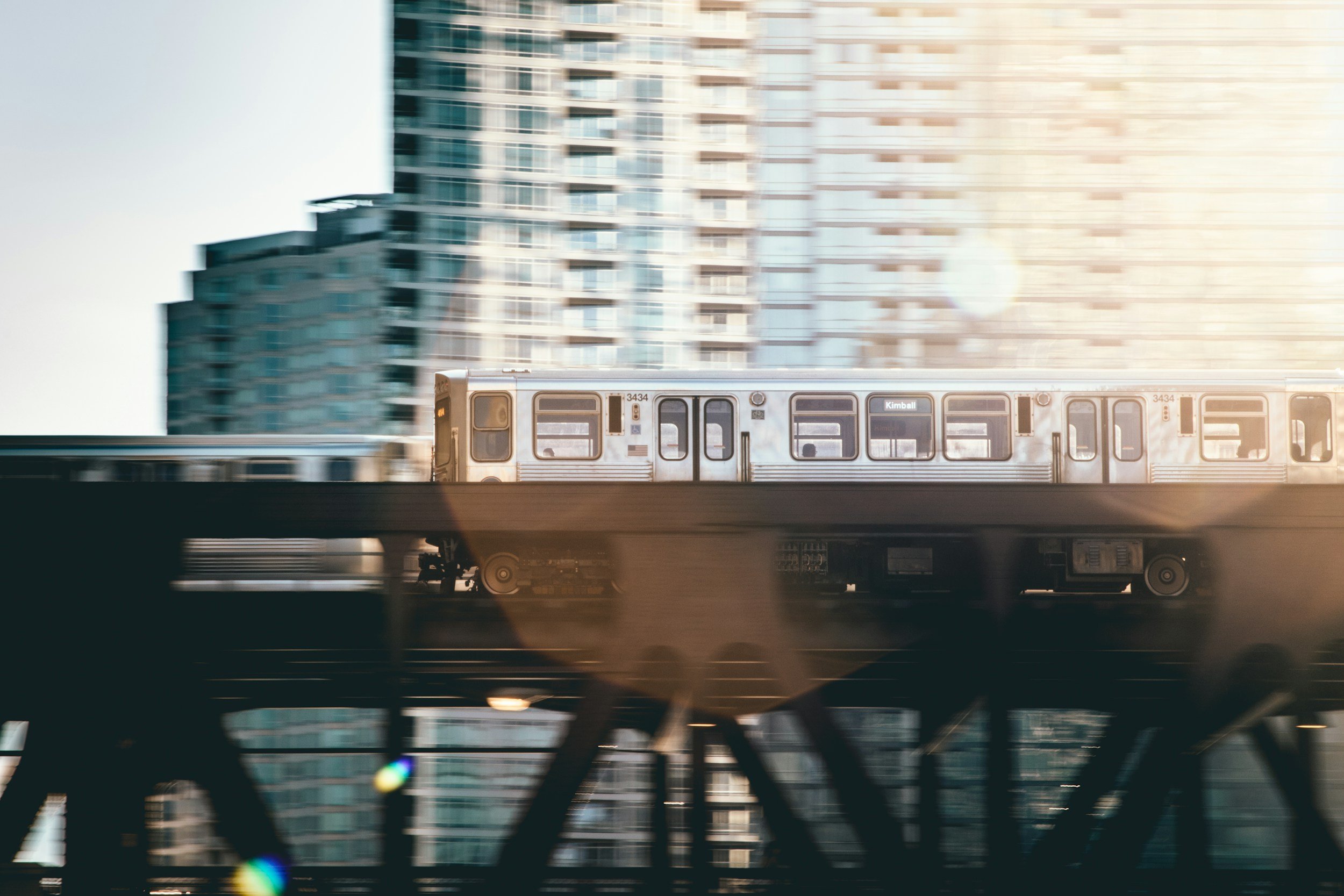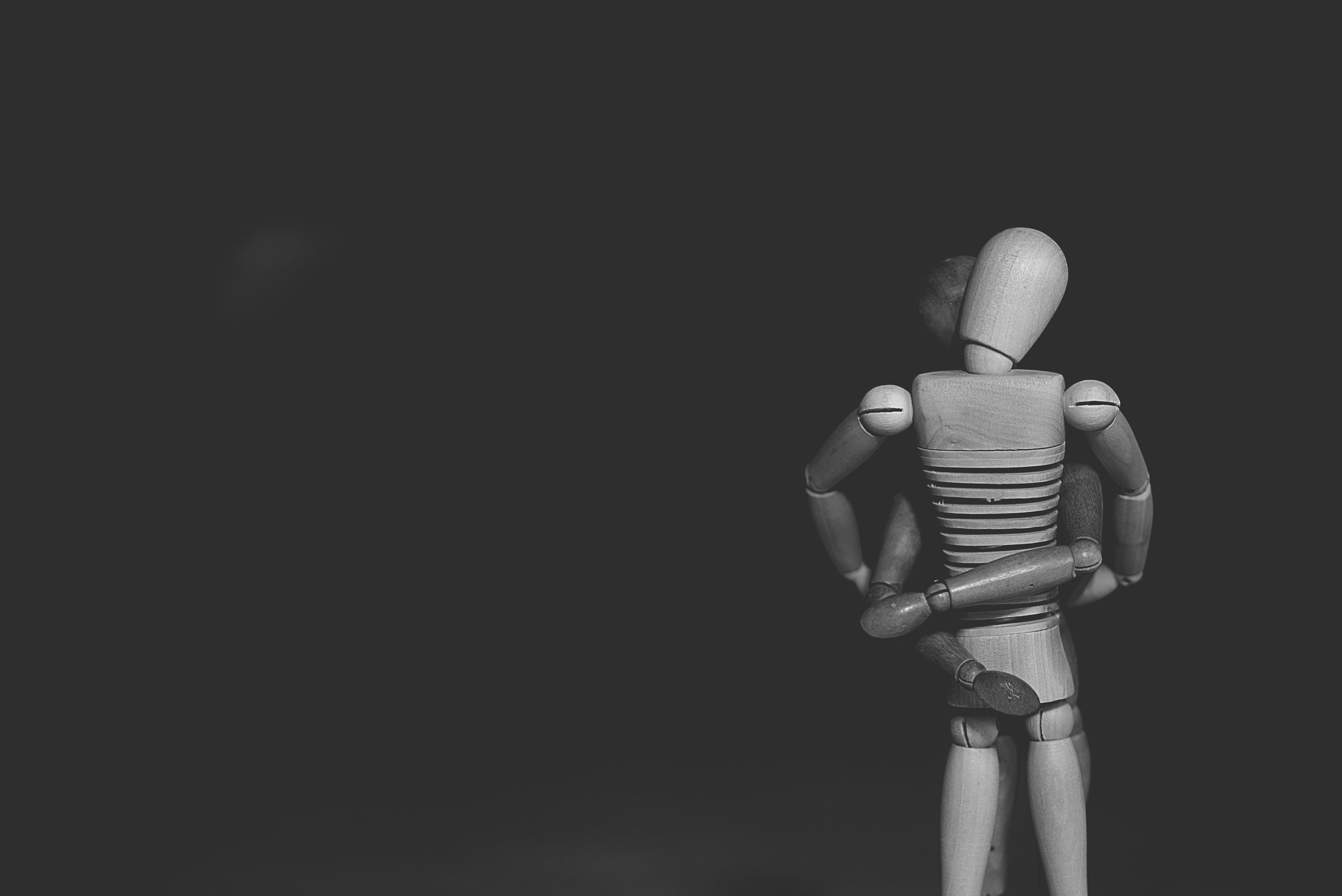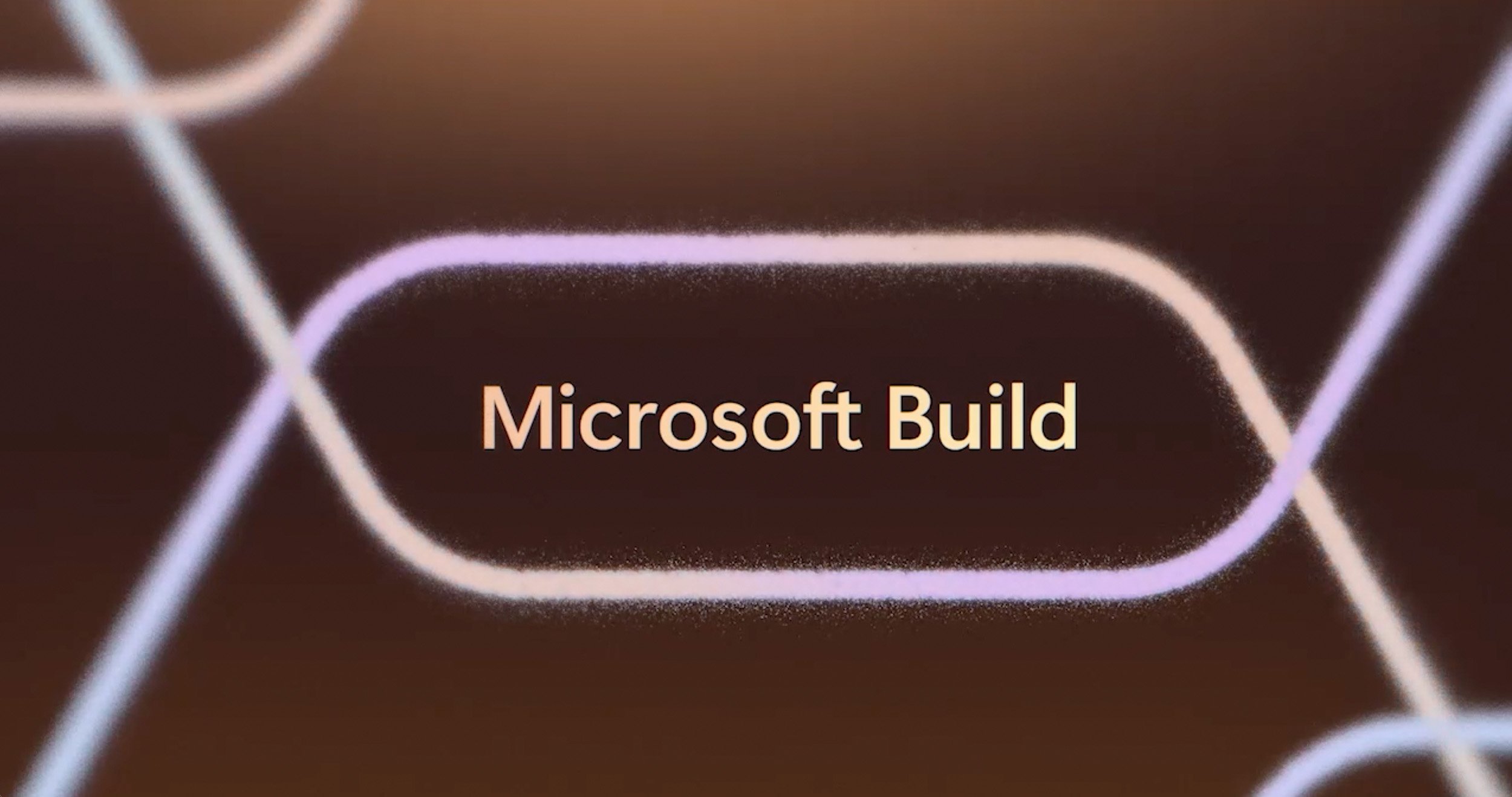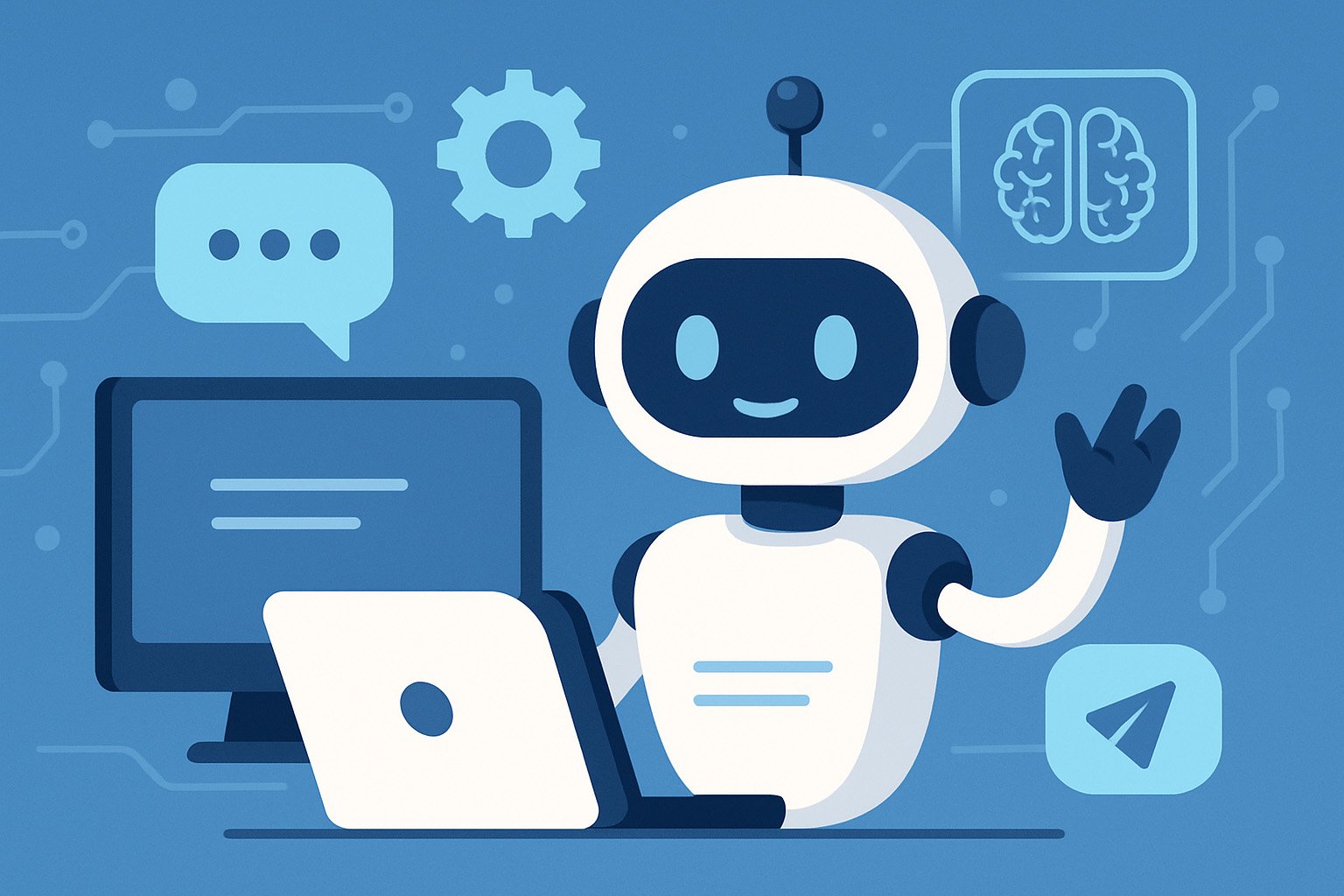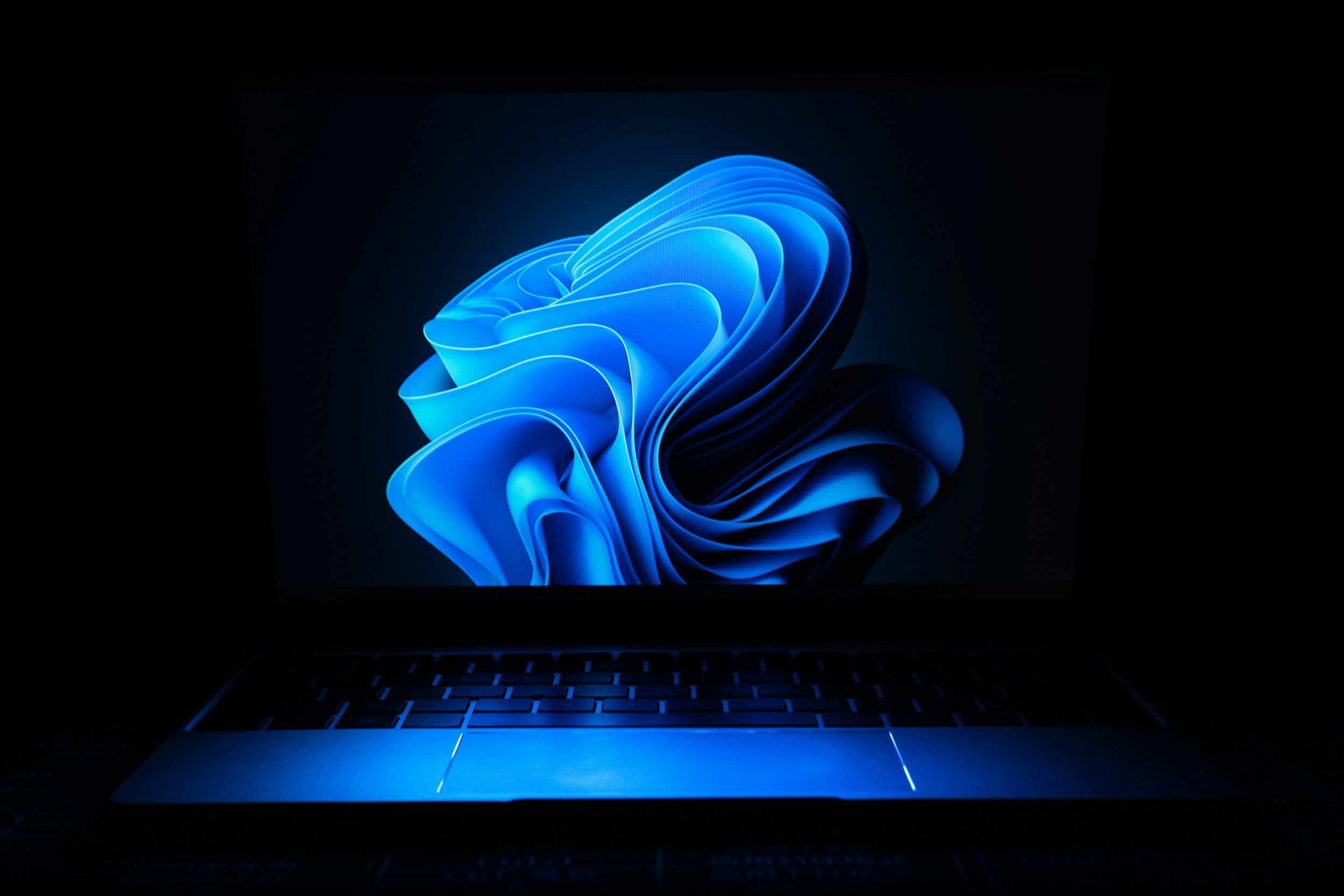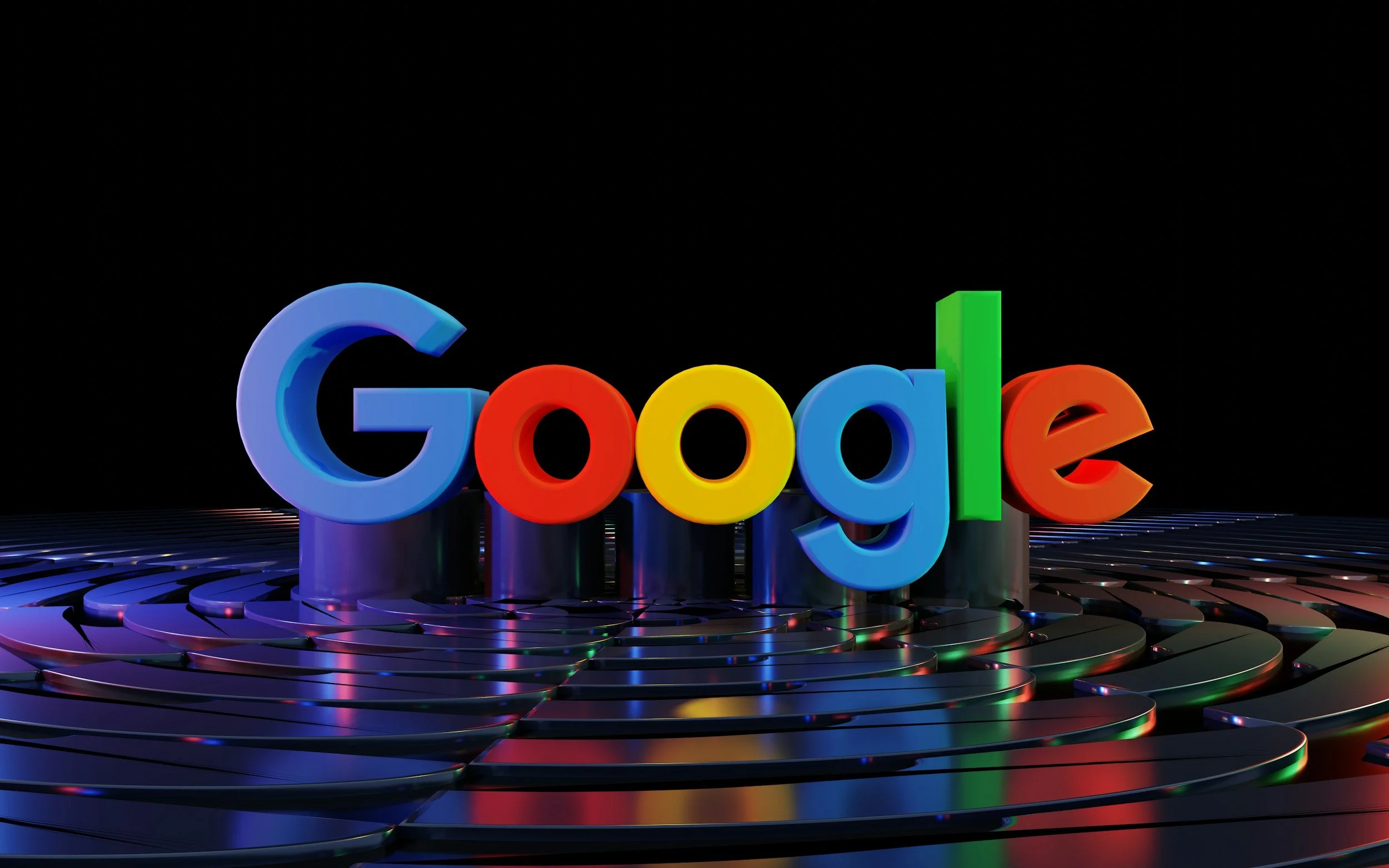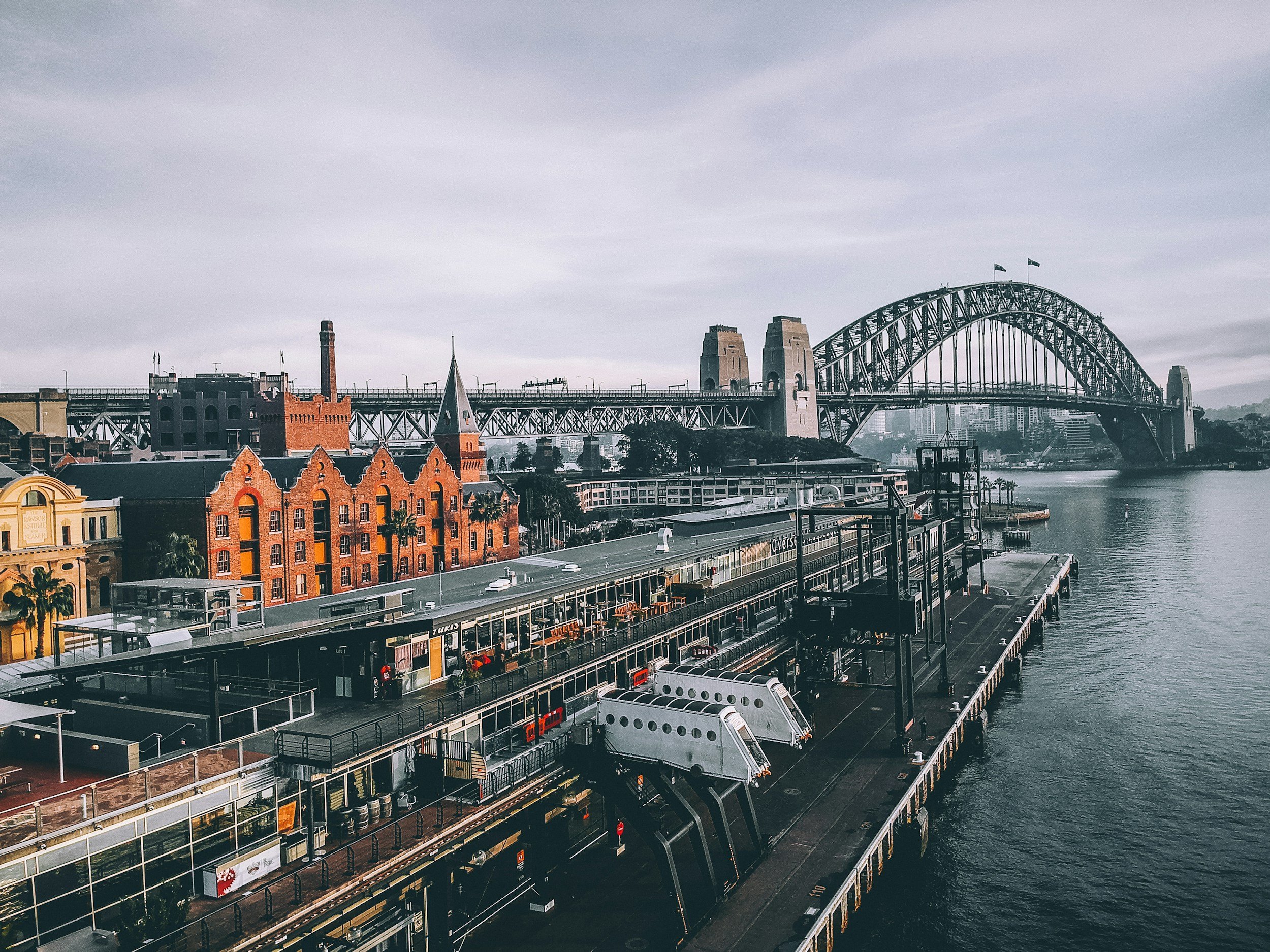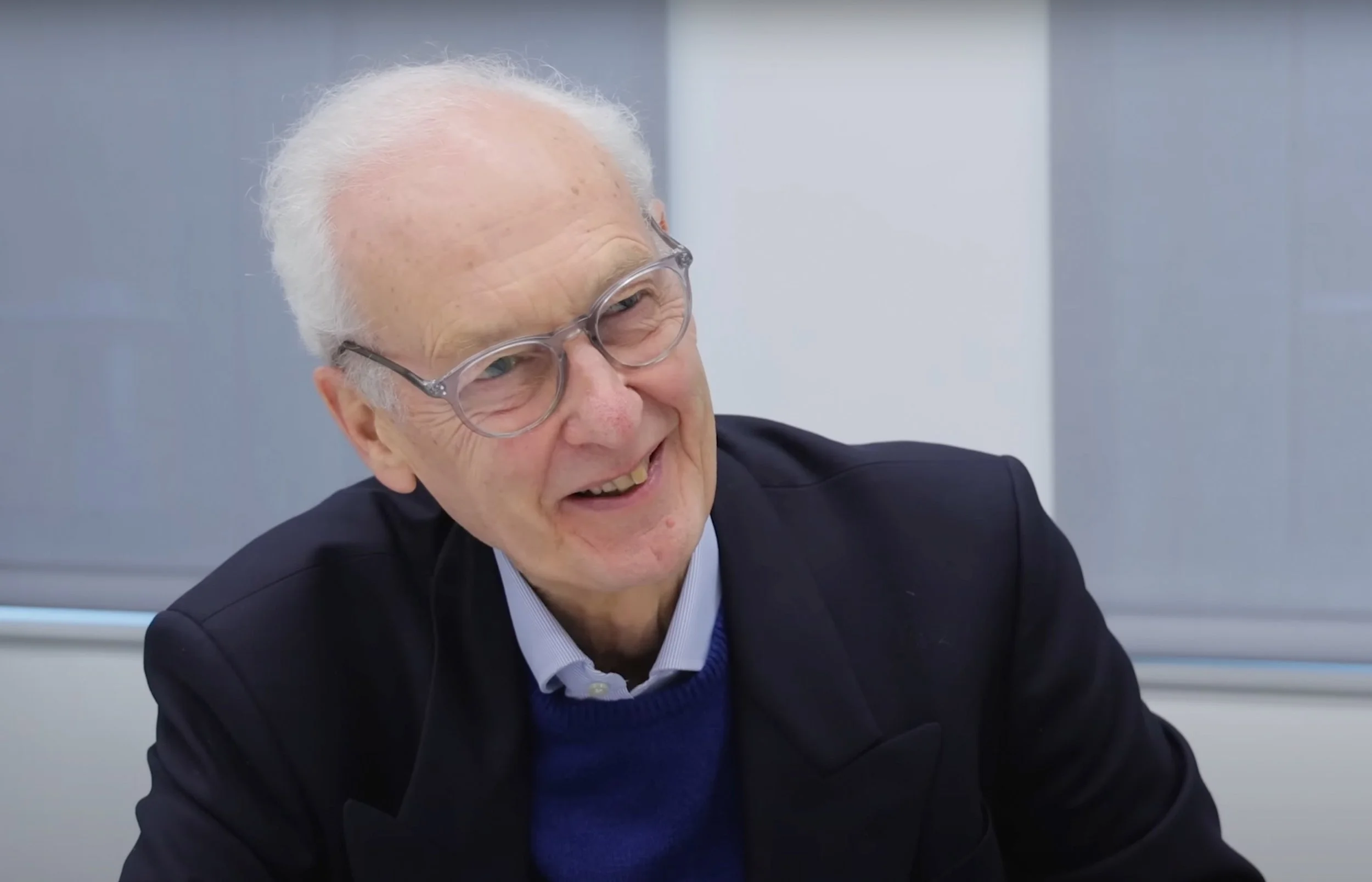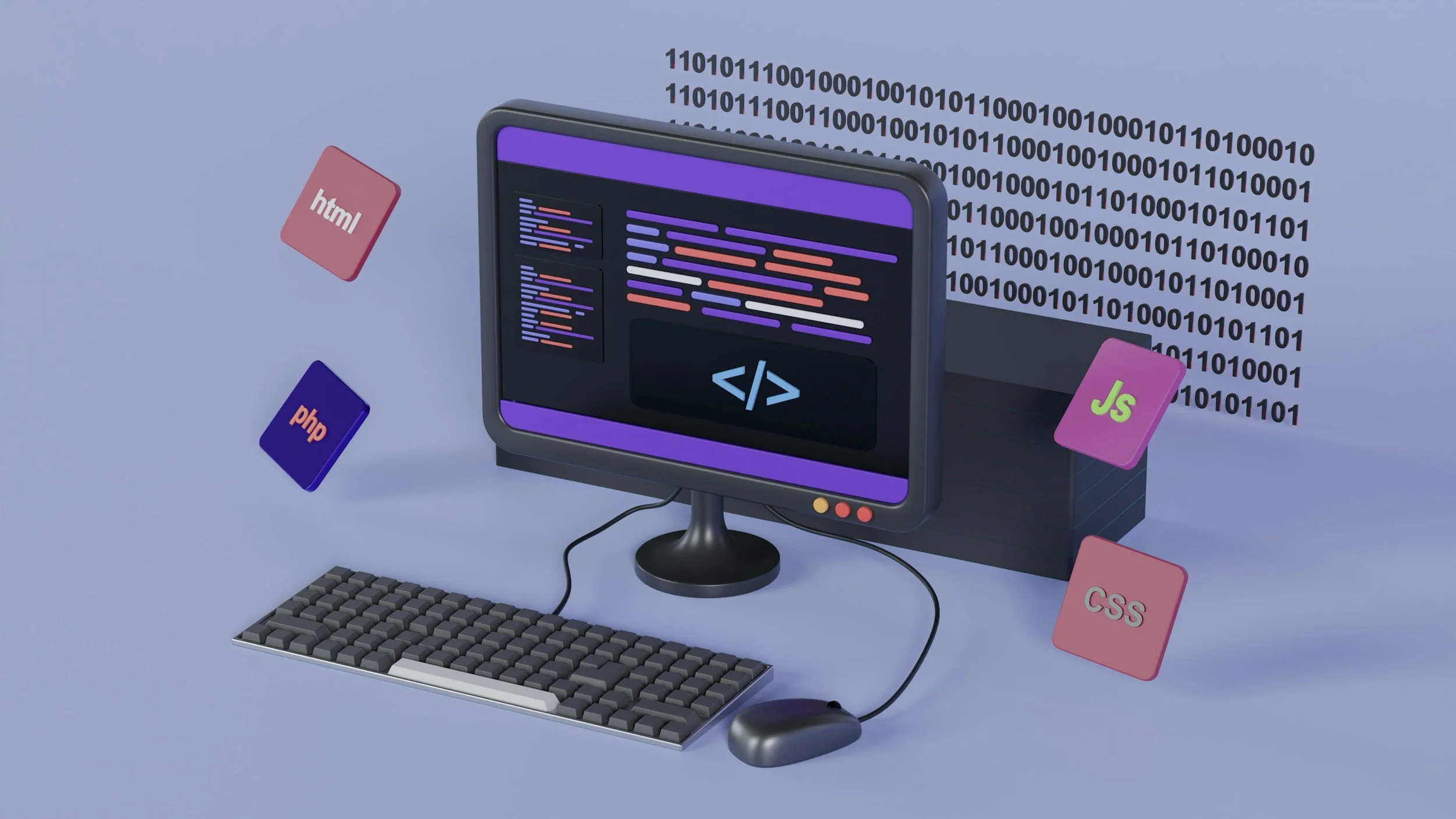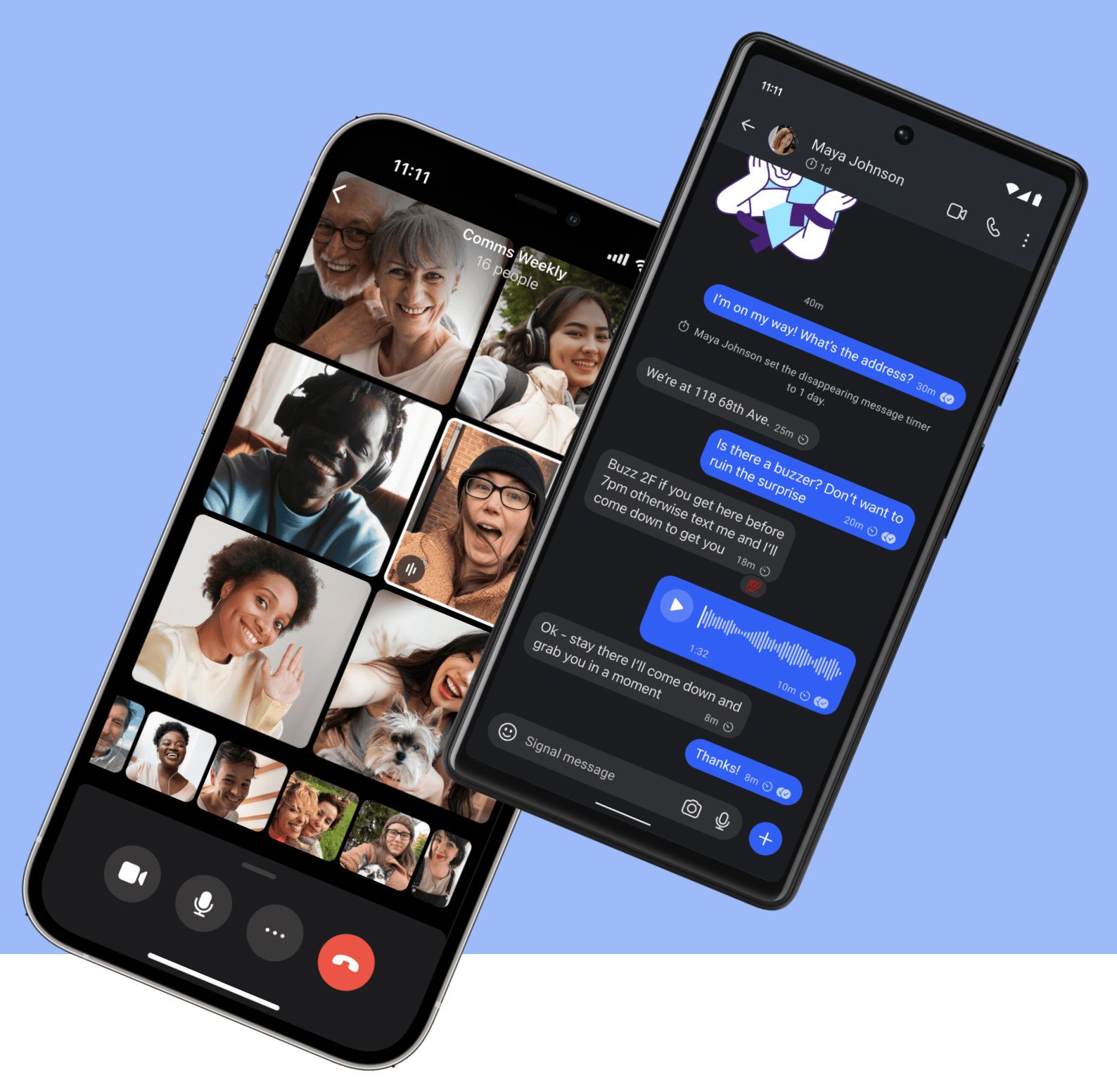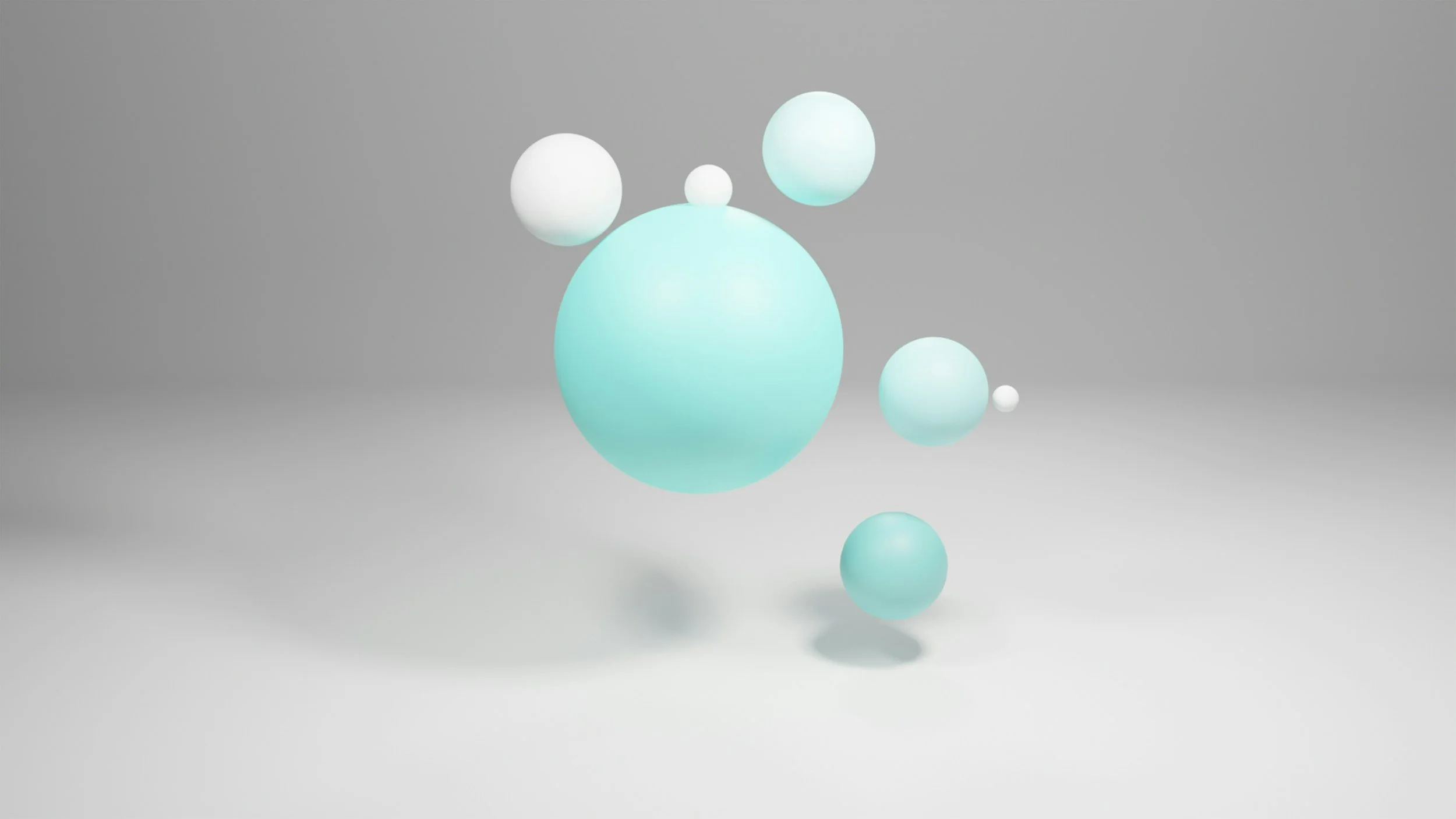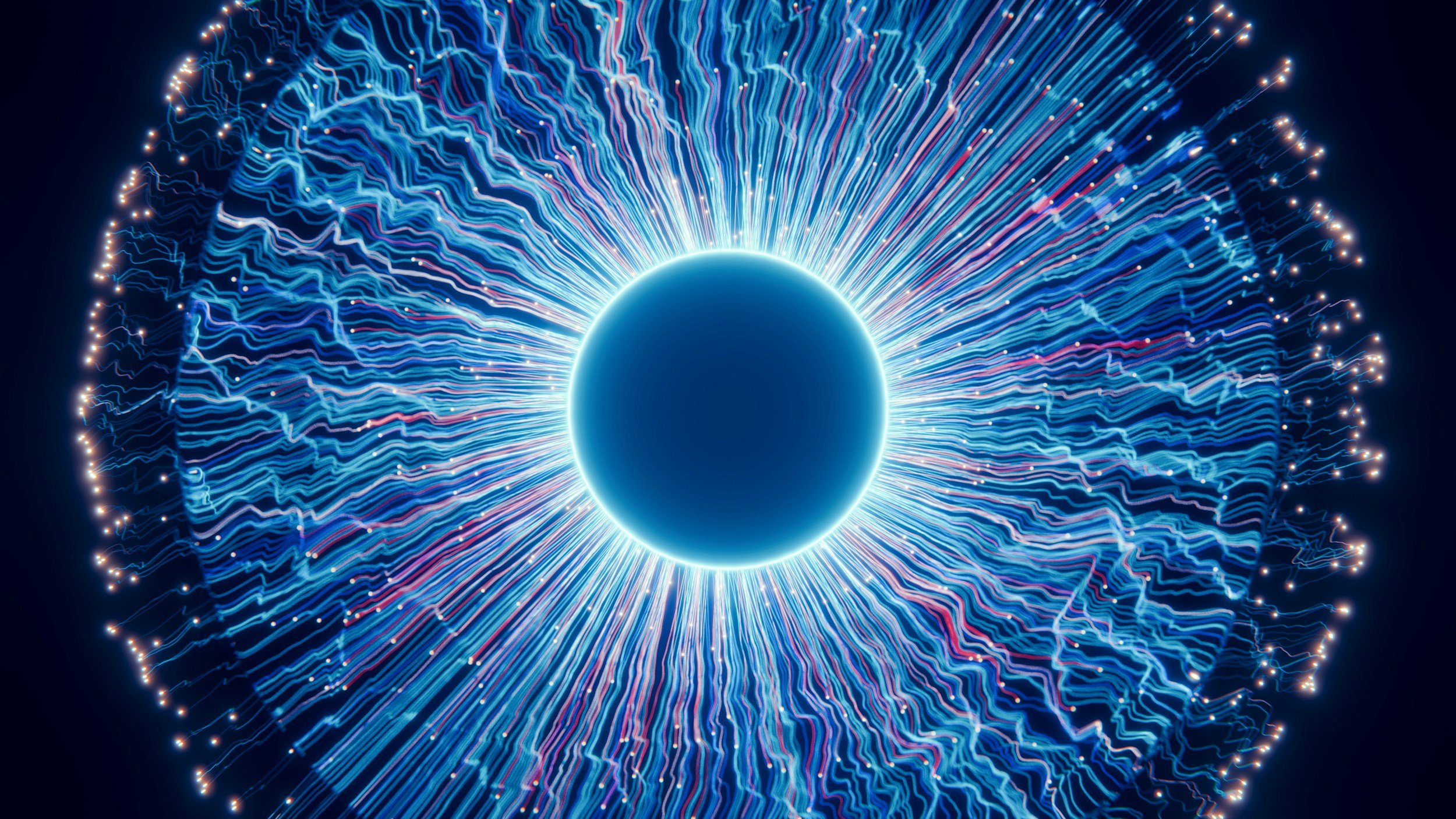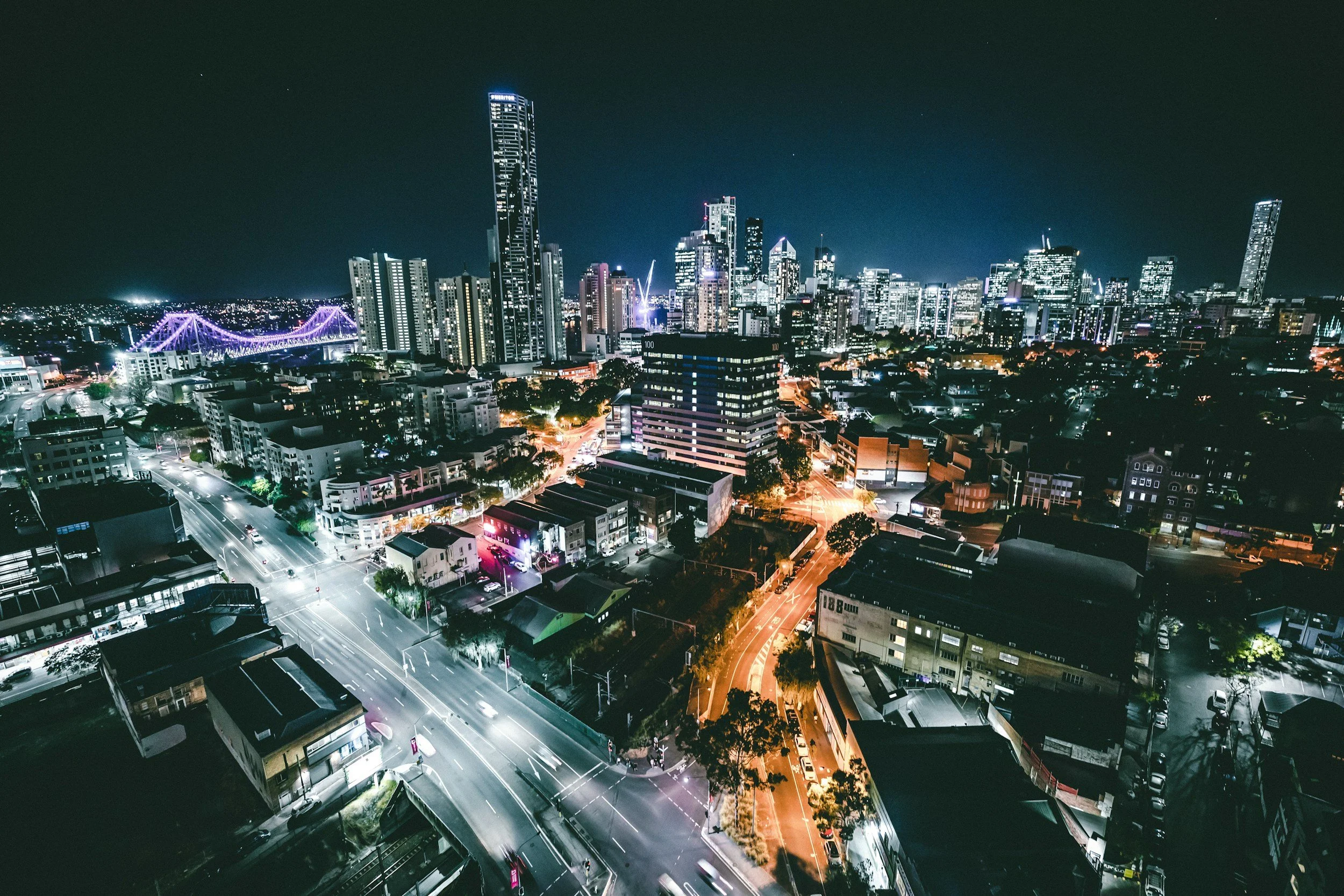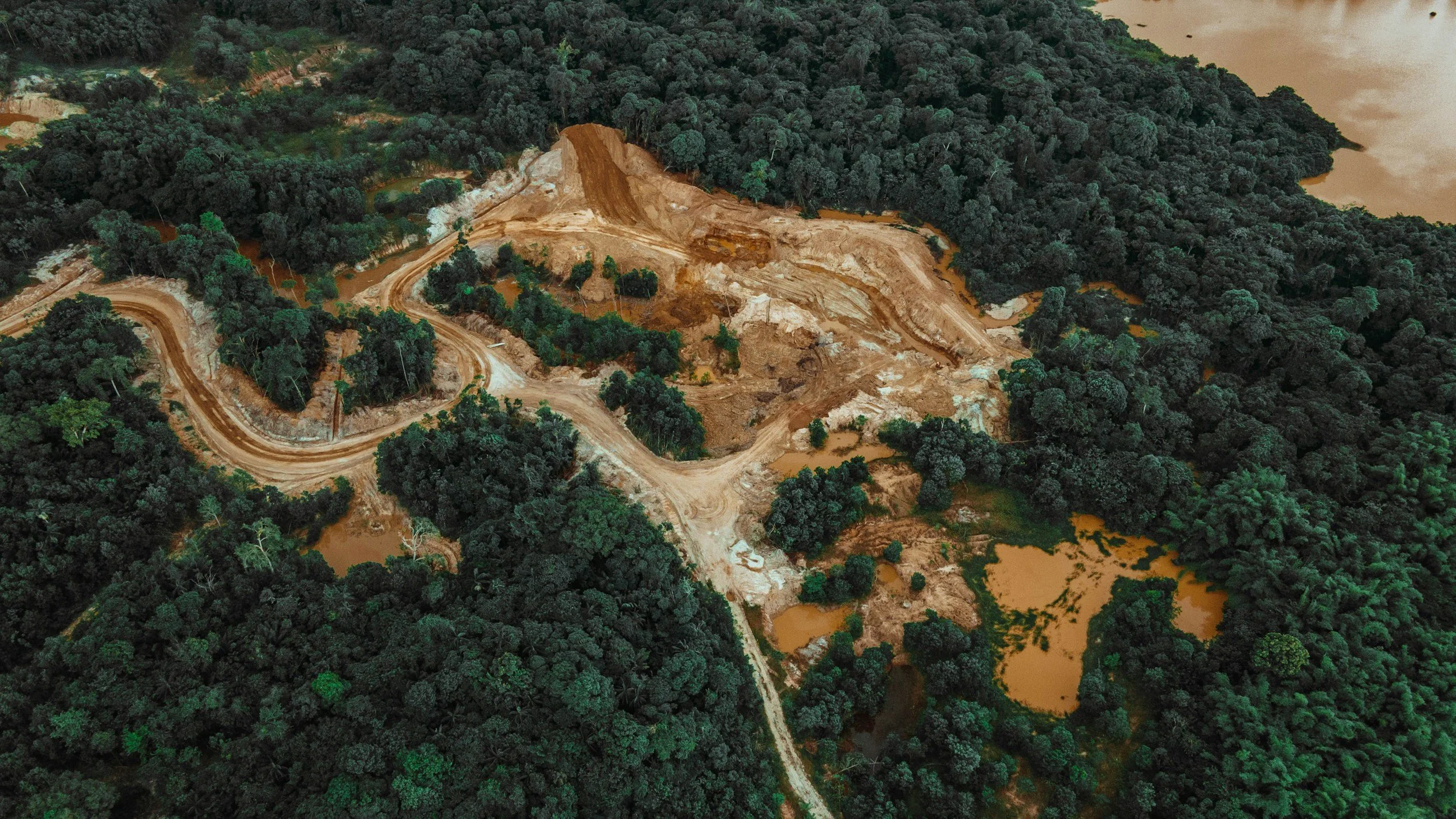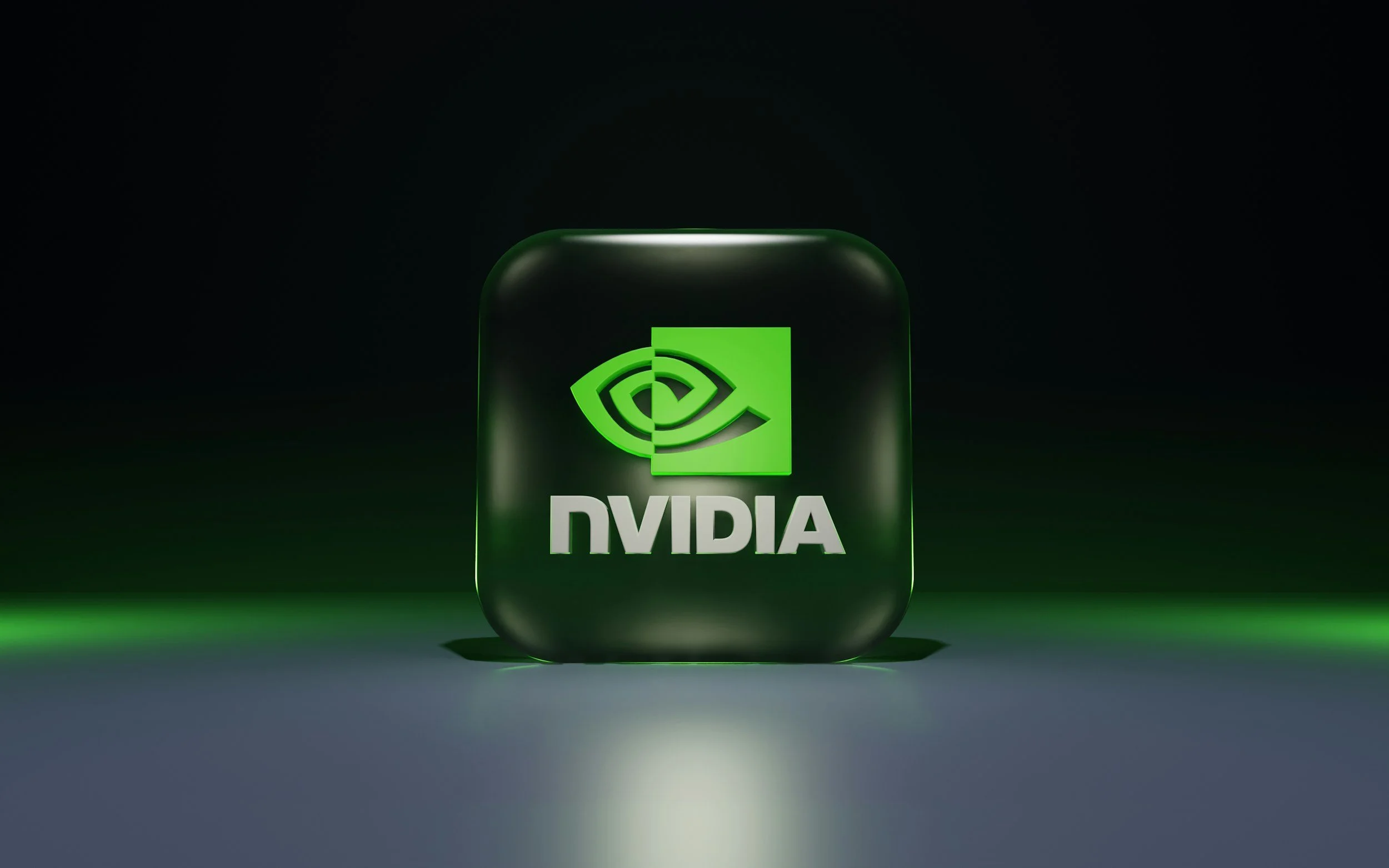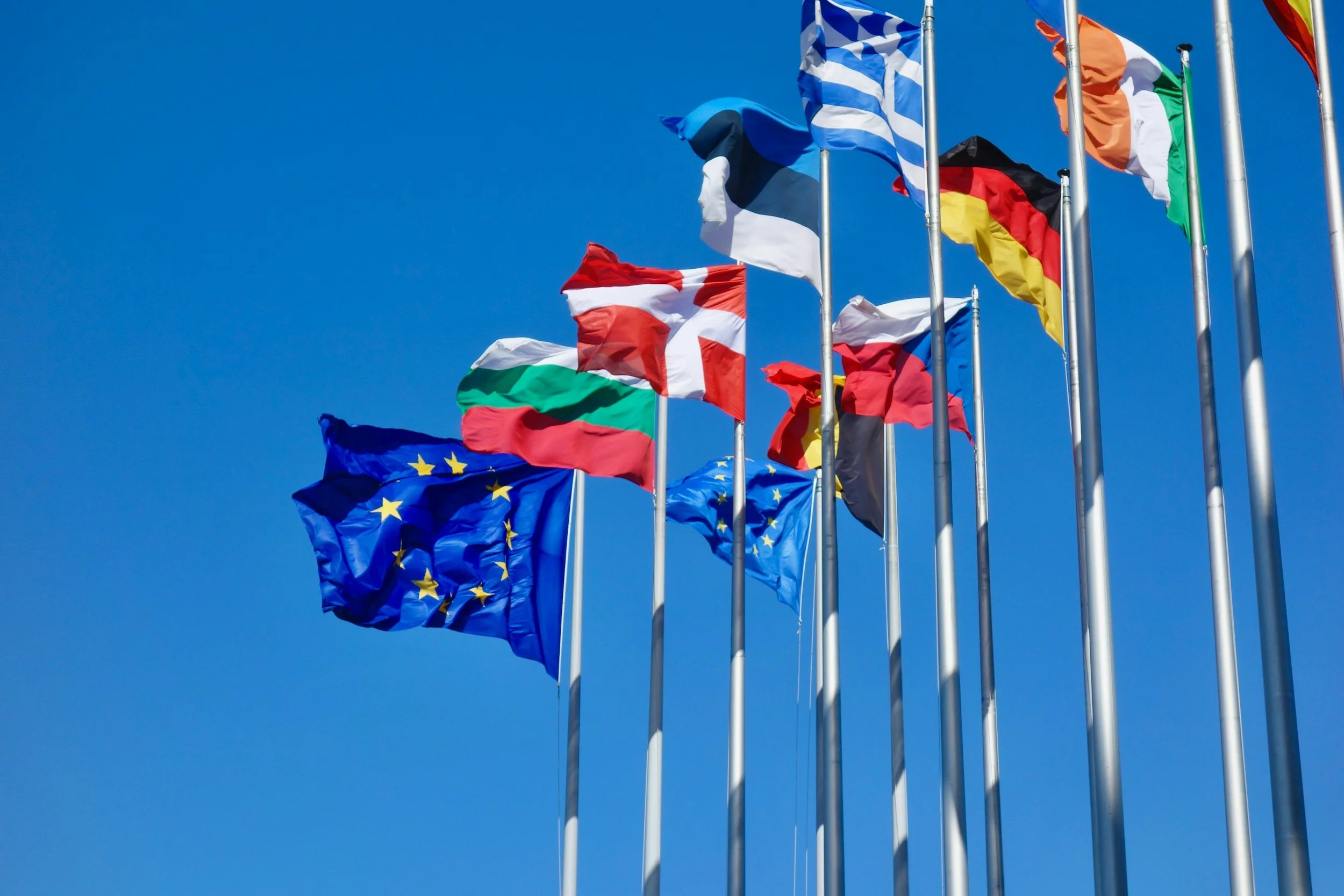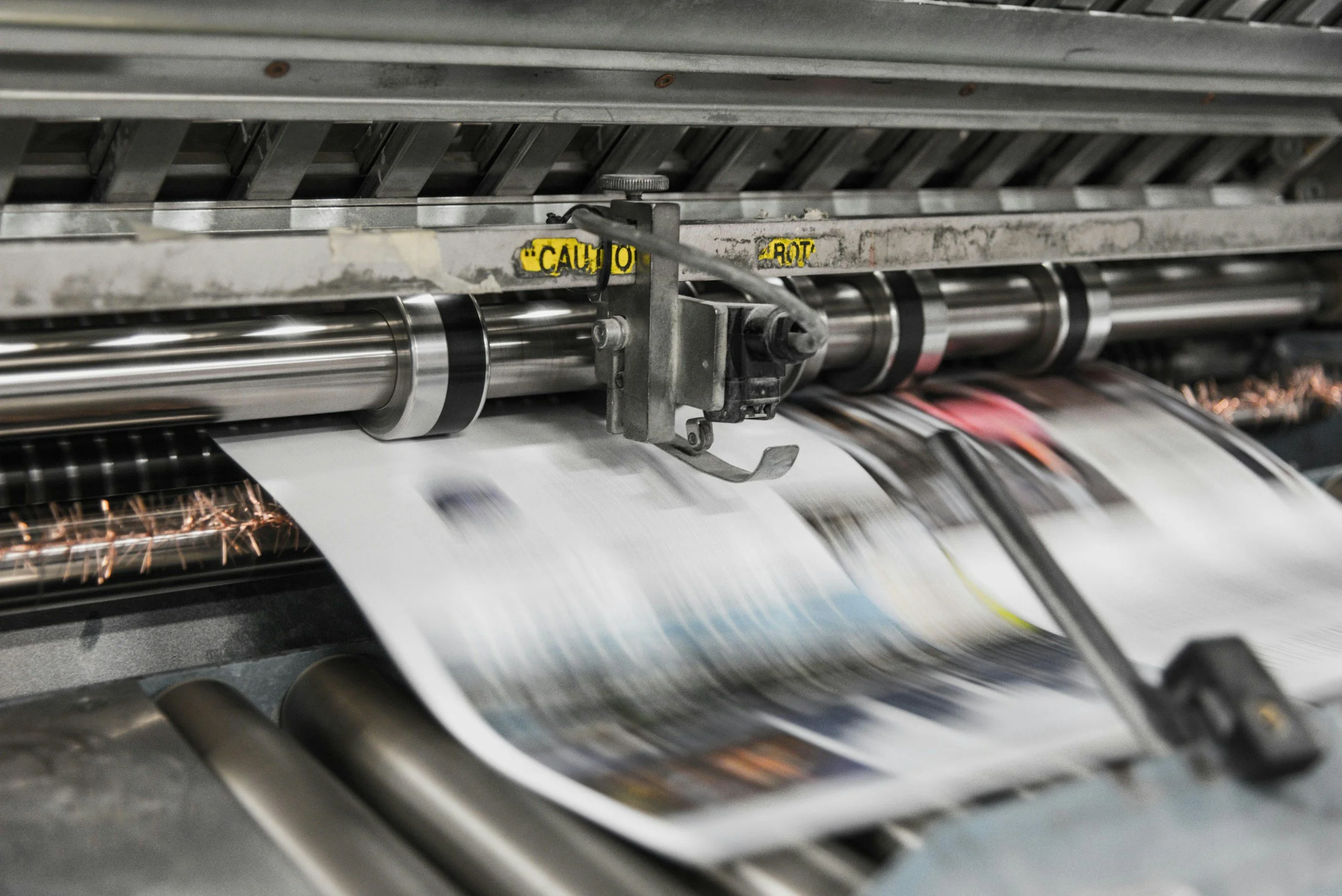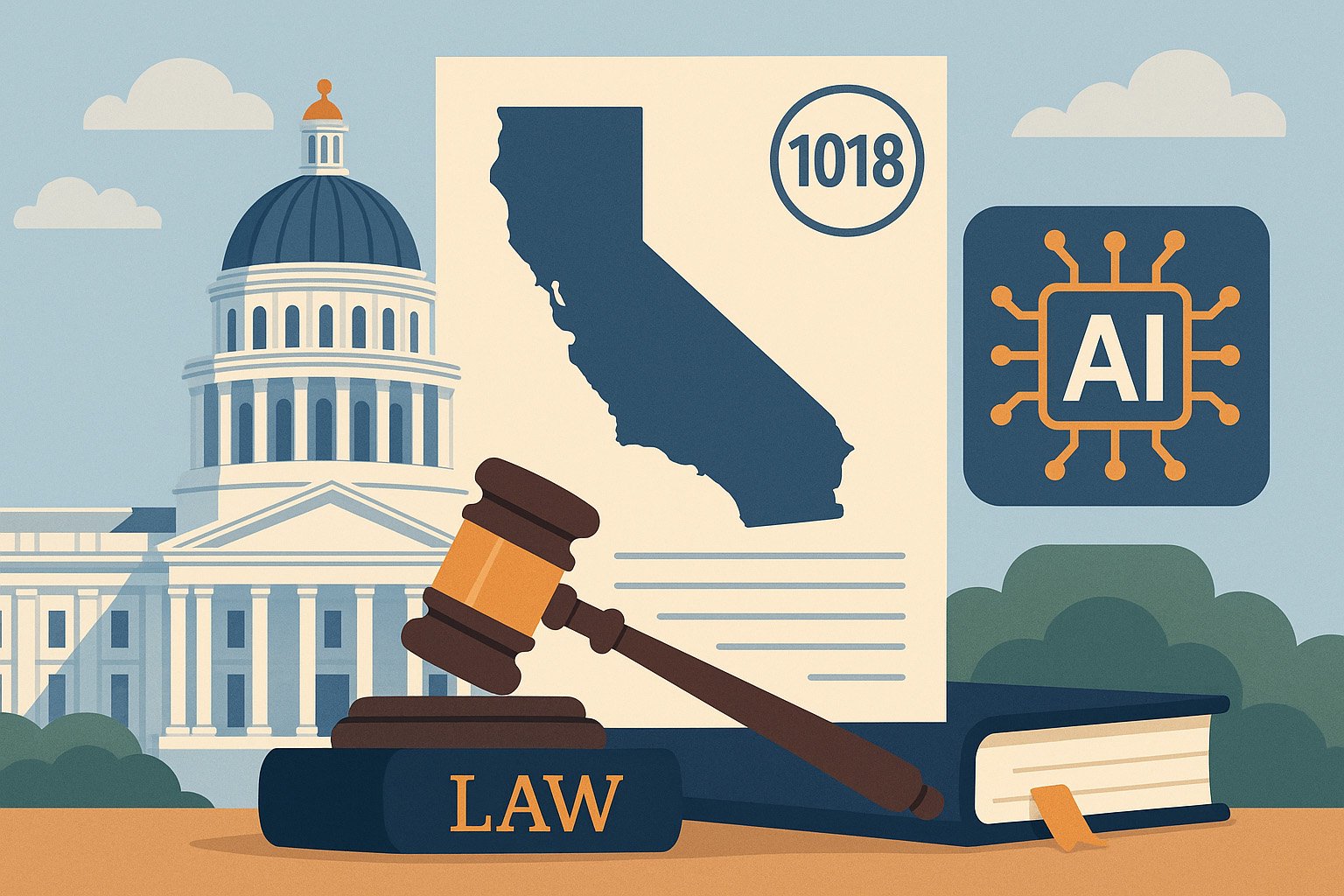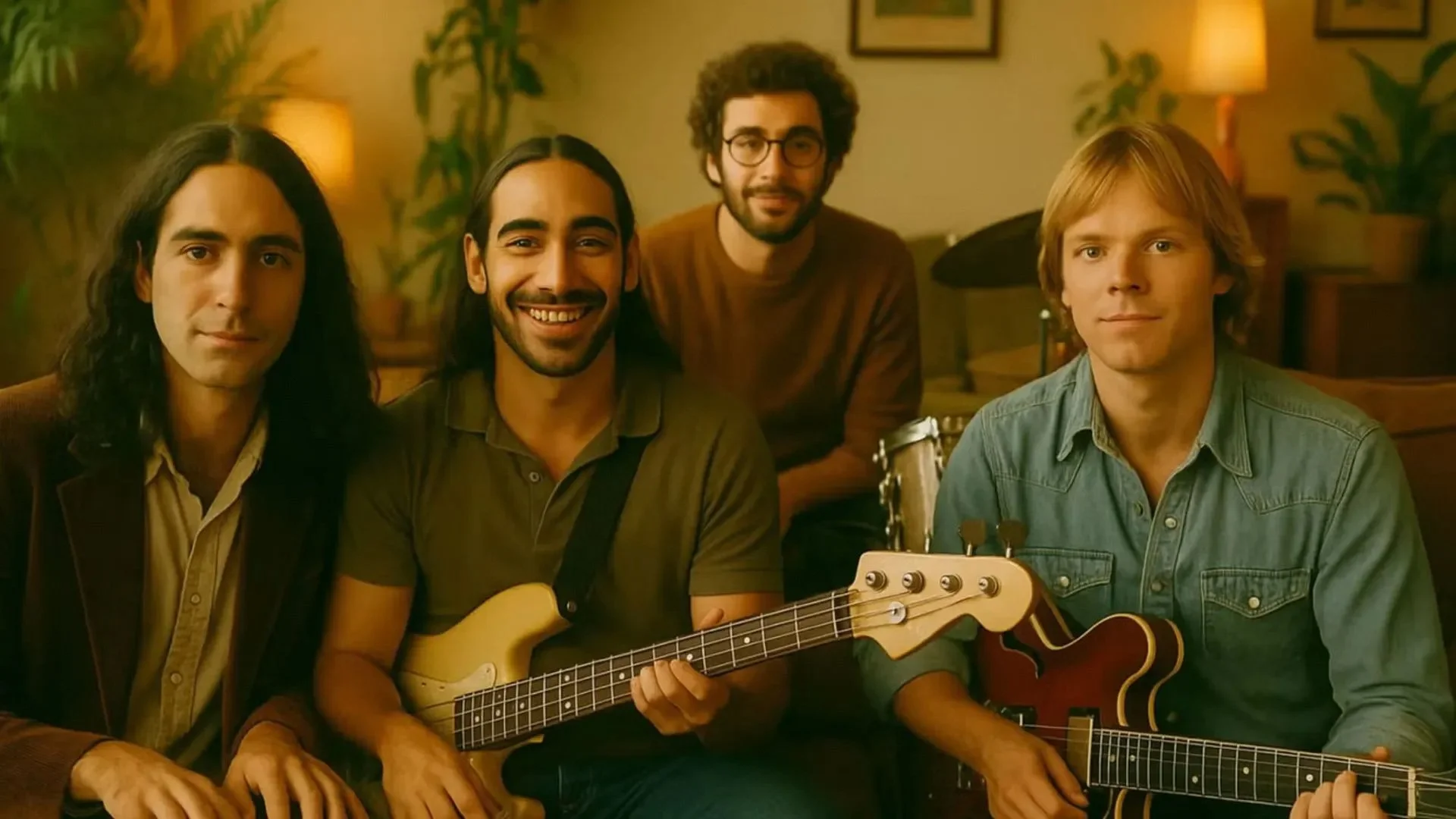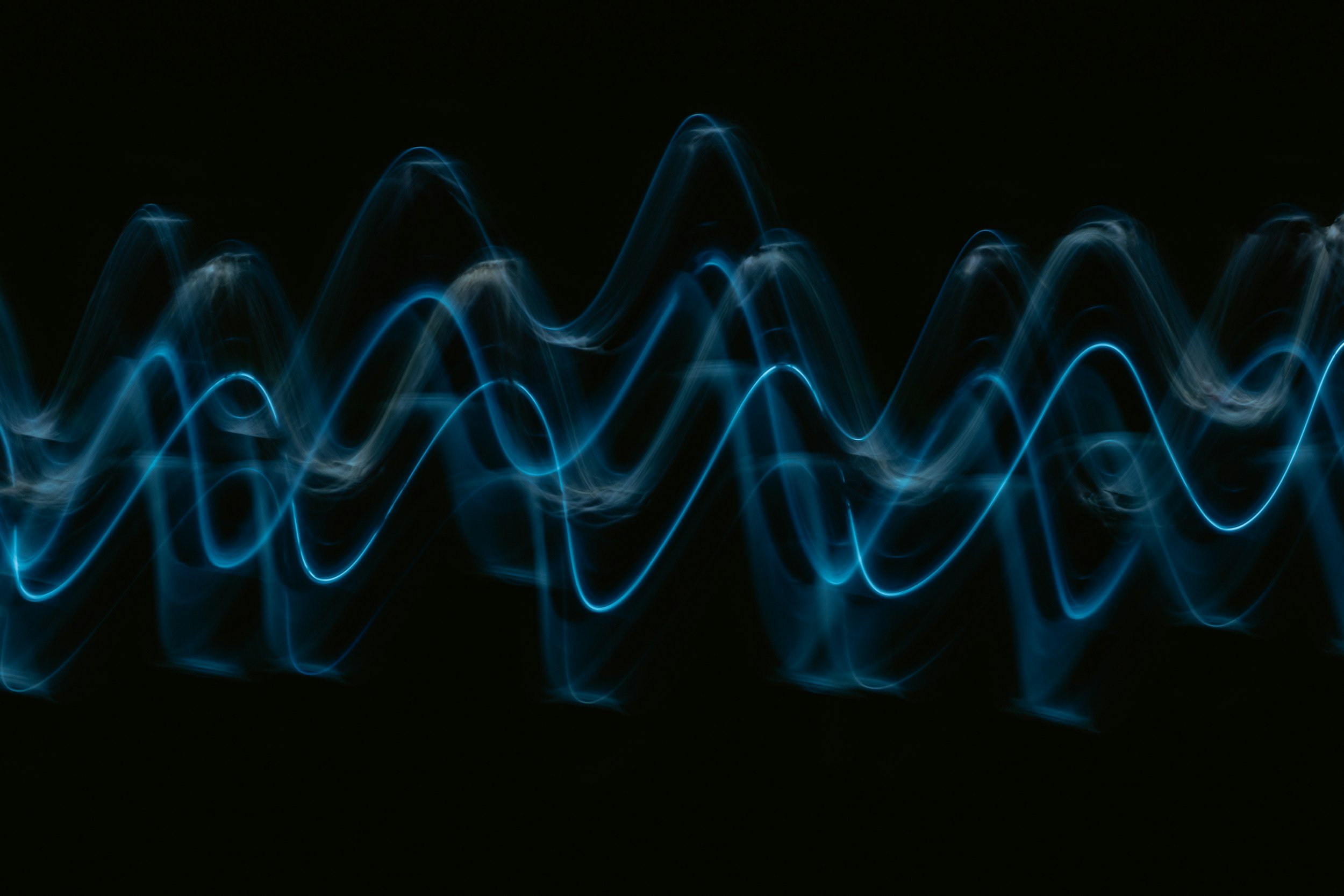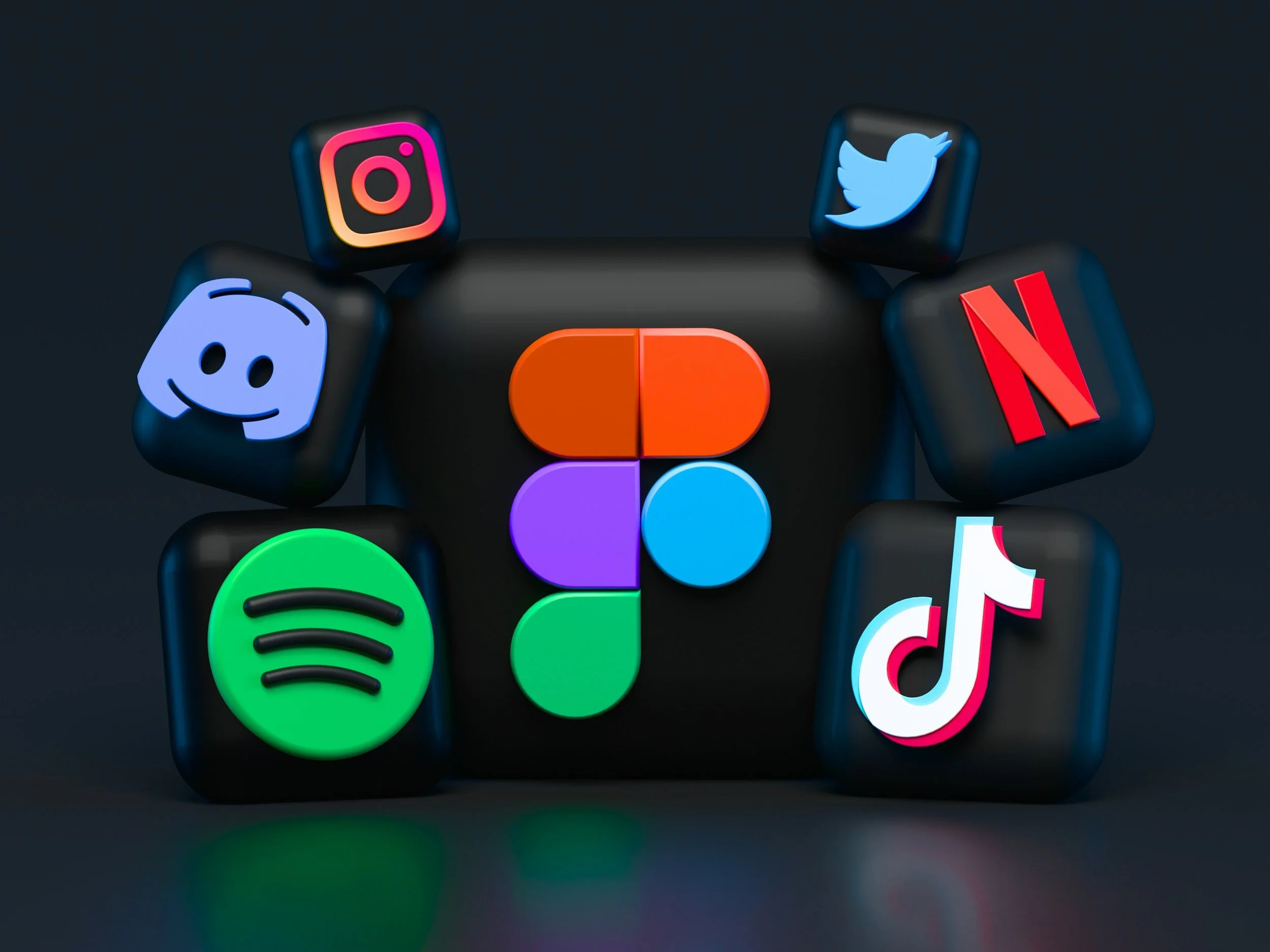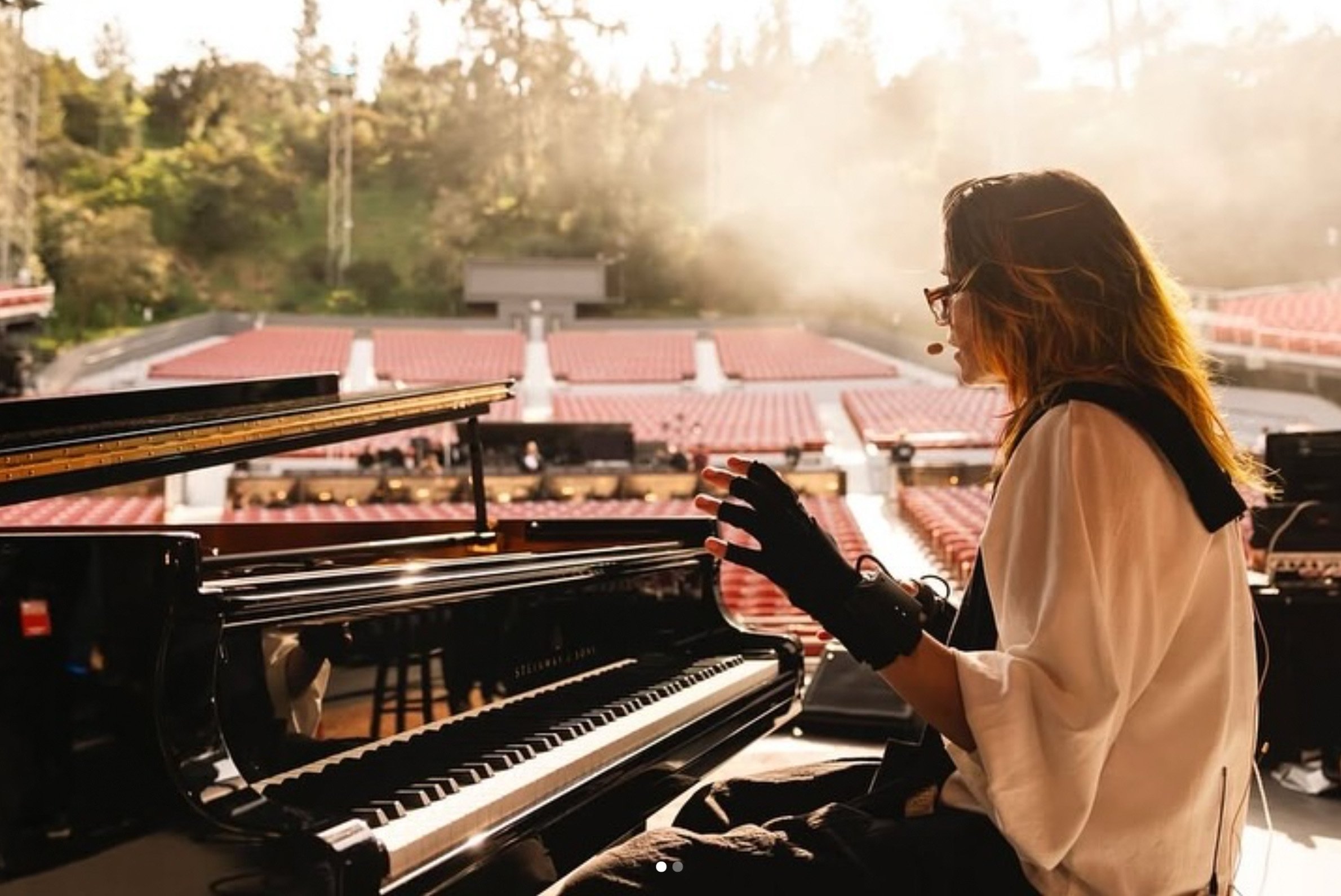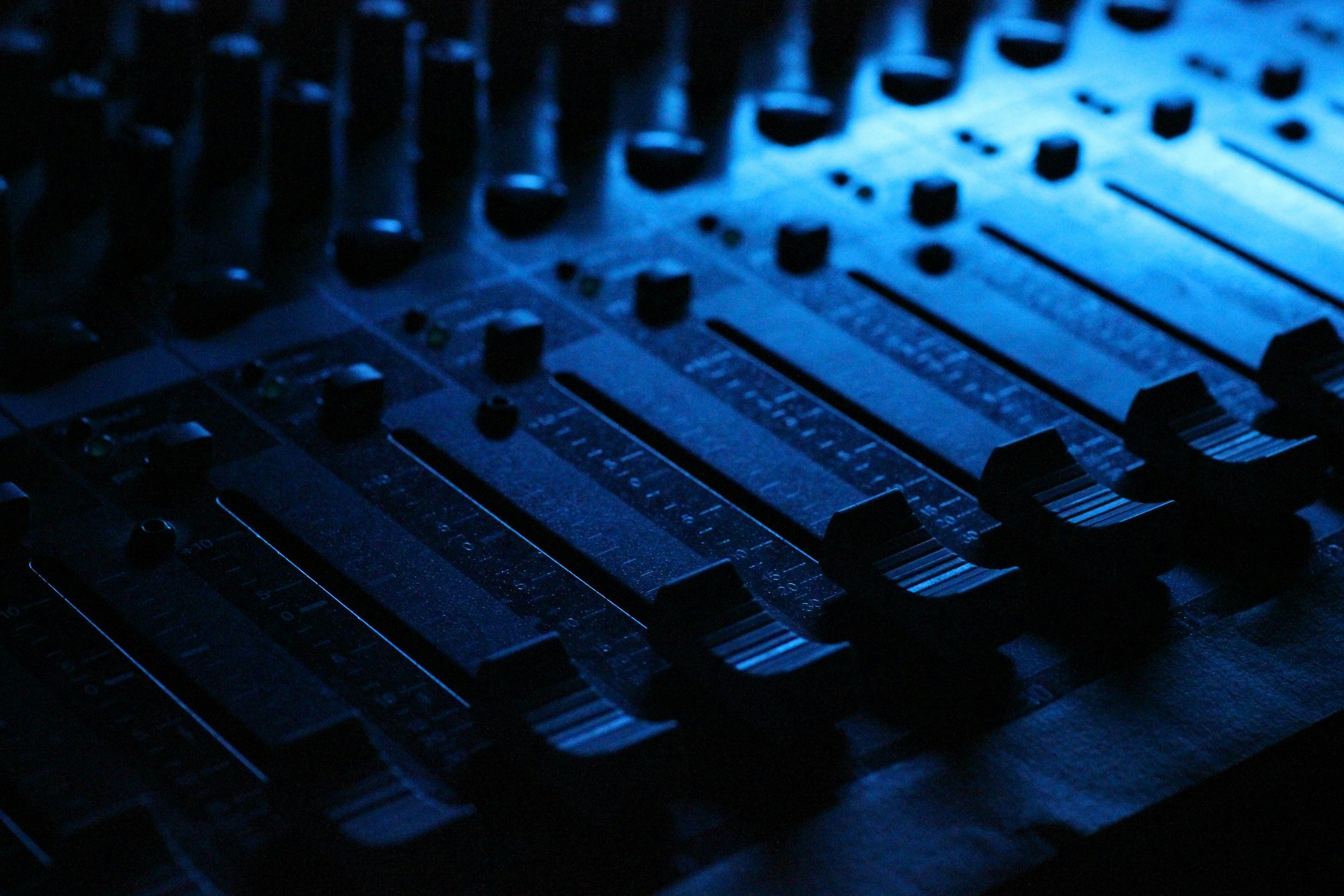DeepMind Unveils Lyria 2: AI Music Generator Produces 48kHz Stereo and Real-Time Edits

Image Credit: Pawel Czerwinski | Splash
Google DeepMind has launched Lyria 2, an advanced AI music generation model, announced on April 24, 2025. Currently in limited testing with U.S.-based creators, Lyria 2 delivers high-fidelity audio and interactive tools, positioning AI as a creative partner for musicians, not a replacement, DeepMind says.
Lyria 2’s AI Capabilities
Lyria 2 produces 48kHz stereo audio, capturing nuances across genres like classical, jazz, and electronic. Musicians can input text prompts, such as “jazzy synth with dreamy vocals”, to generate tracks or adjust key, tempo, and mood. Integrated into the Music AI Sandbox, it offers three functions: “Create”, for new tracks; “Extend”, to add sections; and “Edit”, to modify specific parts. Lyria RealTime enables live, interactive music shaping, ideal for performances or prototyping. The model supports multimodal inputs like text, sheet music, or audio fragments.
Lyria 2 vs. Lyria: Key Advancements
Lyria 2 builds on the original Lyria model, introduced in November 2023, with significant AI-driven improvements. Lyria generated high-quality music with vocals and instrumentals, primarily via text prompts, but was limited to experimental use in YouTube’s Dream Track and Music AI Incubator. Lyria 2 achieves professional-grade 48kHz stereo audio, surpassing Lyria’s unspecified fidelity. It offers advanced control over tempo, key, mood, and structure through transformation arcs and audio extension parameters, unlike Lyria’s simpler text-based controls. Lyria RealTime, a new feature, enables real-time music generation, absent in Lyria. Additionally, Lyria 2 supports multimodal inputs (text, sheet music, audio), expanding beyond Lyria’s text-only approach. Integration with Google AI Studio, Vertex AI, and an expanded Music AI Sandbox broadens access for testers, unlike Lyria’s restricted beta.
Development of Lyria 2’s AI Technology
Developed by researchers including Asahi Ushio, Beat Gfeller, and Brian McWilliams, Lyria 2 evolves from the 2023 Lyria model, using self-supervised learning and autoregressive algorithms for musical coherence. Collaborations with artists like Jacob Collier ensured usability for professionals and novices. DeepMind’s SynthID watermarking, an AI-driven tool, embeds imperceptible markers in audio to ensure traceability, addressing copyright concerns.
Availability and Access to Lyria 2
Announced on April 24, 2025, Lyria 2 is available to select U.S. testers, with a waitlist for others via DeepMind’s website. It’s accessible through the Gemini API and Google AI Studio for experimental use. No public release date is confirmed, with expansion planned based on feedback.
AI Tools for Creators
Lyria 2 serves musicians, producers, and content creators. Songwriters can generate melodies from lyrics, producers can craft soundscapes, and live performers can adjust music dynamically via RealTime. Integration with YouTube’s Dream Track allows creators to produce 30-second AI soundtracks, potentially streamlining content creation. The Music AI Sandbox supports diverse workflows, possibly enabling cost-efficient soundtrack production for platforms like YouTube.
Strengths of Lyria 2
High-Quality Audio: Generates 48kHz stereo, suitable for professional projects.
Creative Control: Enables precise adjustments across genres and real-time performance.
Accessibility: Simplifies music creation for beginners and experts.
Ethical Design: SynthID ensures transparency in AI-generated audio.
Challenges of AI Music Generation
Limited Access: Restricted to U.S. testers, delaying wider adoption.
Copyright Concerns: AI music raises unresolved ownership issues, as seen in the 2023 Universal Music Group dispute over the AI-generated track ‘Heart on My Sleeve’, mimicking Drake and The Weeknd.
Potential Learning Curve: Real-time controls may challenge some non-technical users, though DeepMind’s intuitive design aims to broaden accessibility.
Market Concerns: Some artists worry AI could oversaturate the industry, impacting human composers.
AI’s Impact on Music Industry
Lyria 2 competes with tools from Meta and Stability AI, distinguished by its real-time and high-fidelity features. Its integration with YouTube and Vertex AI could influence creative workflows. However, incidents like the 2023 AI track dispute highlight ongoing copyright debates. DeepMind’s artist collaborations aim to align AI with industry needs, but concerns about generic content persist.
Source: Lyria
We are a leading AI-focused digital news platform, combining AI-generated reporting with human editorial oversight. By aggregating and synthesizing the latest developments in AI — spanning innovation, technology, ethics, policy and business — we deliver timely, accurate and thought-provoking content.


